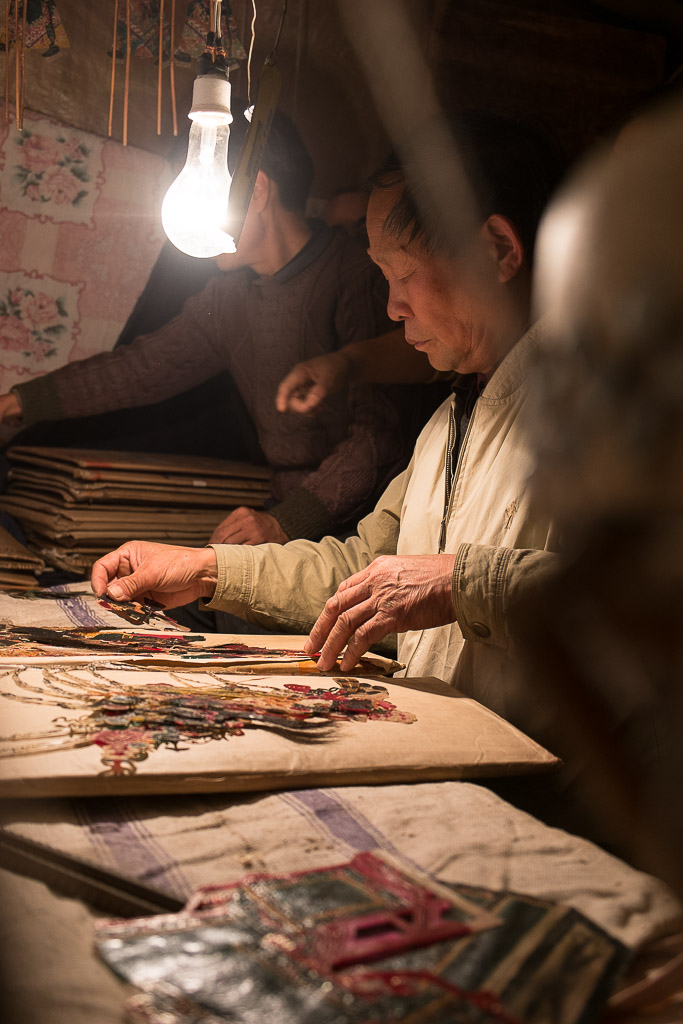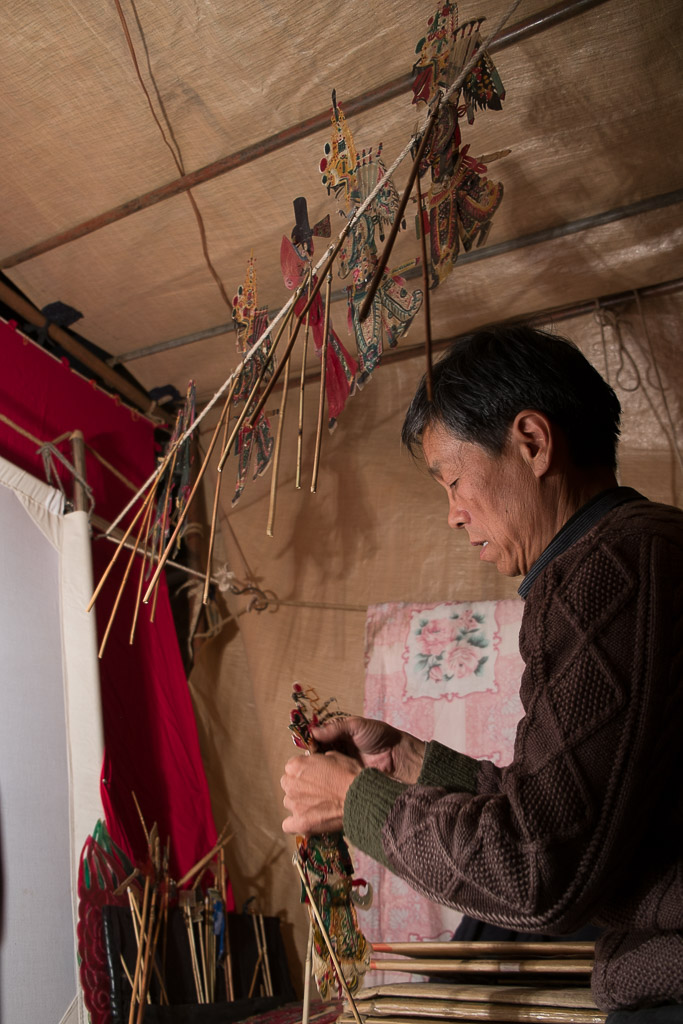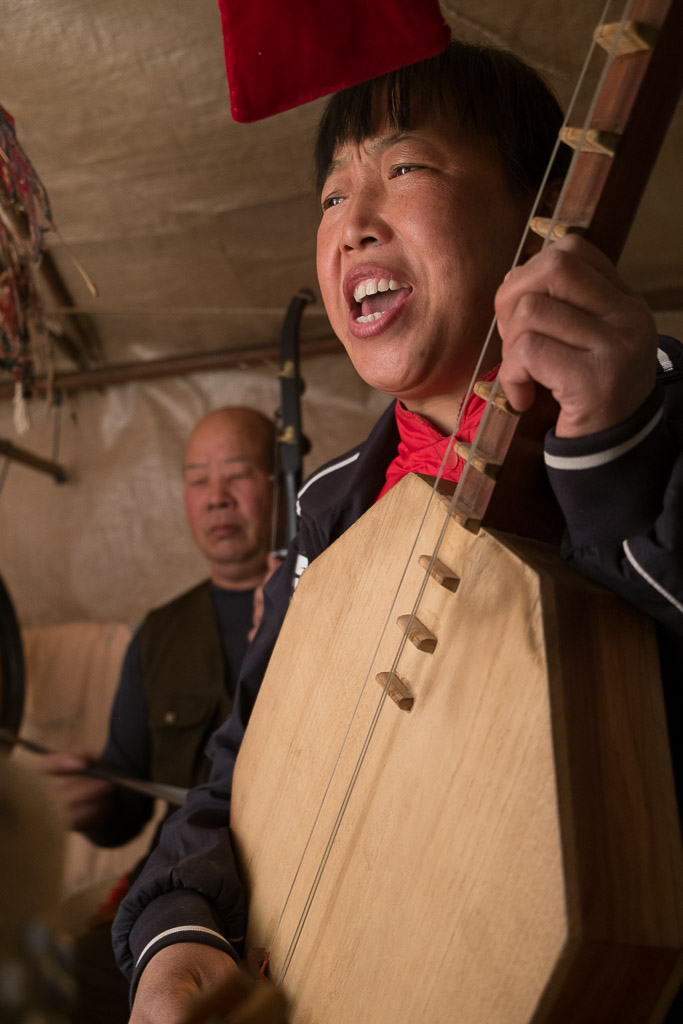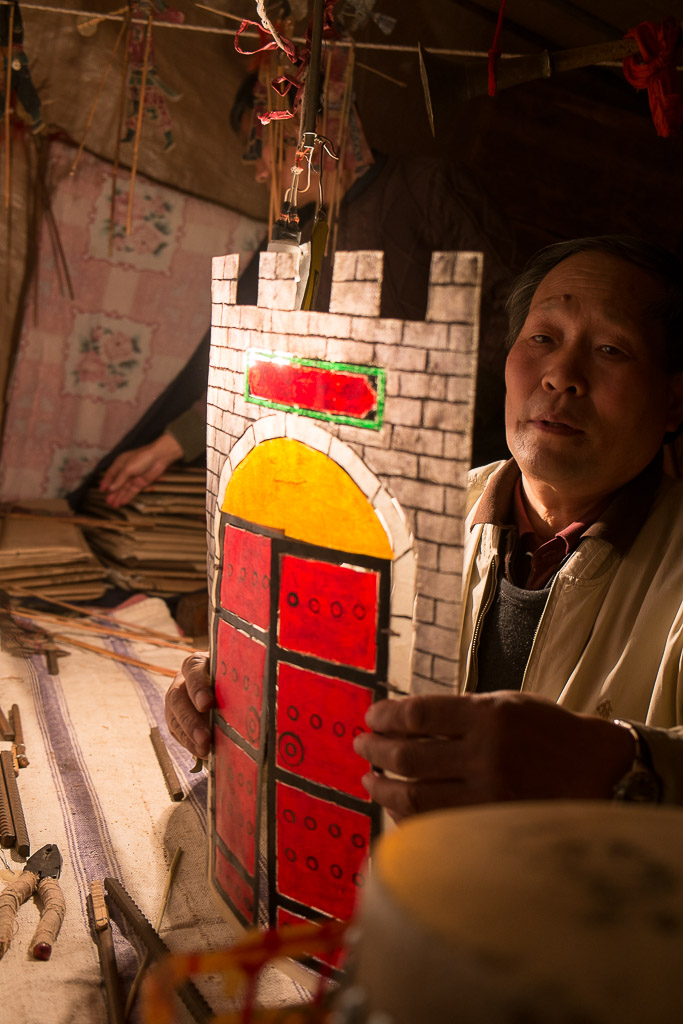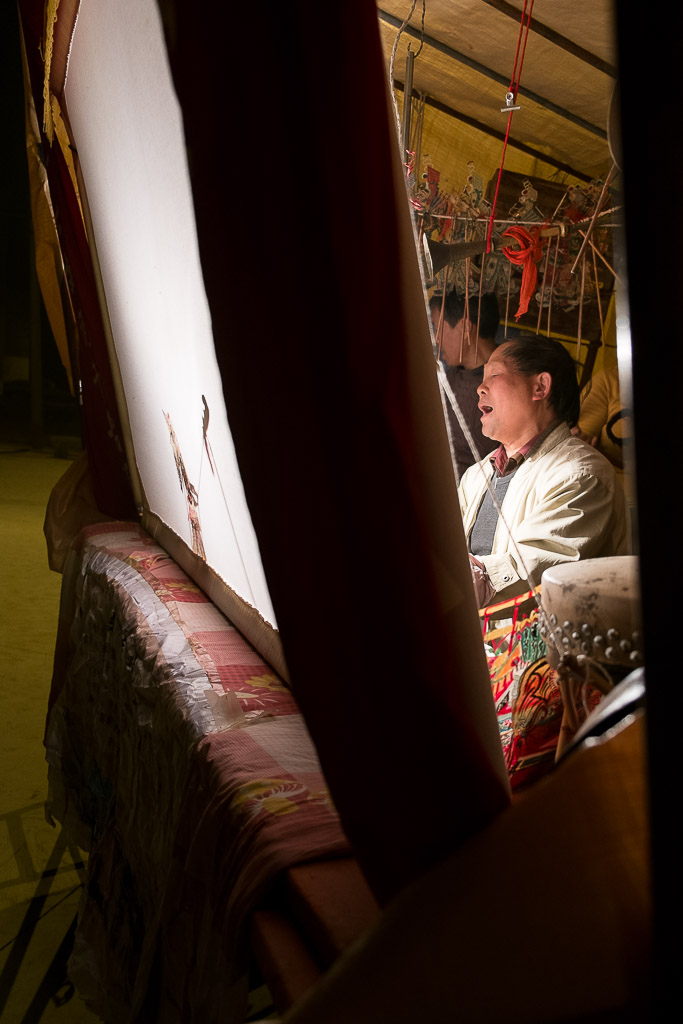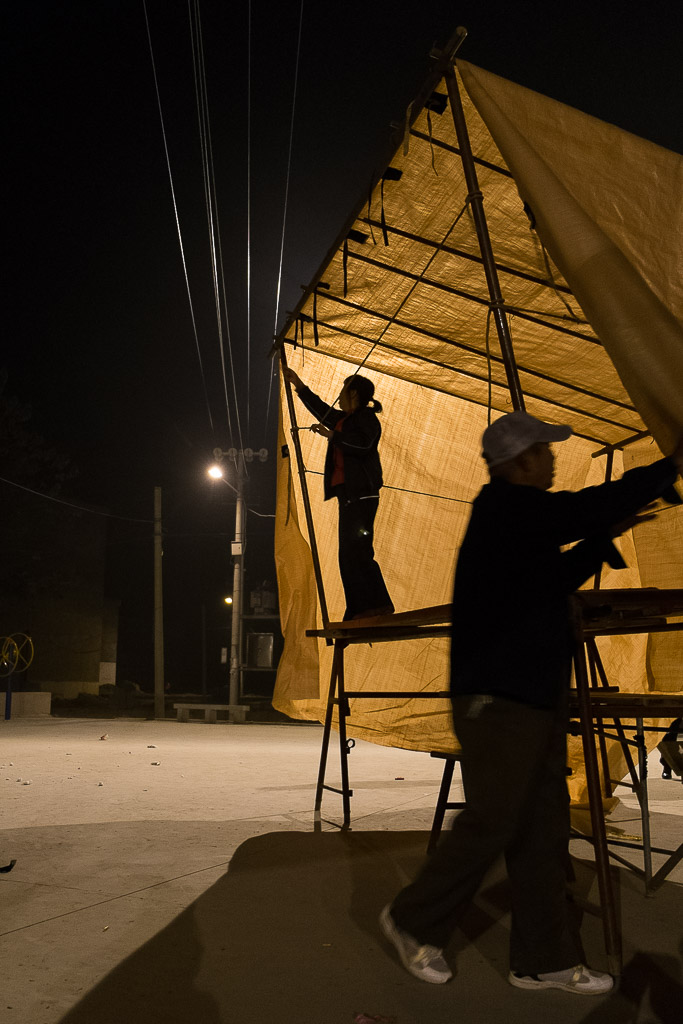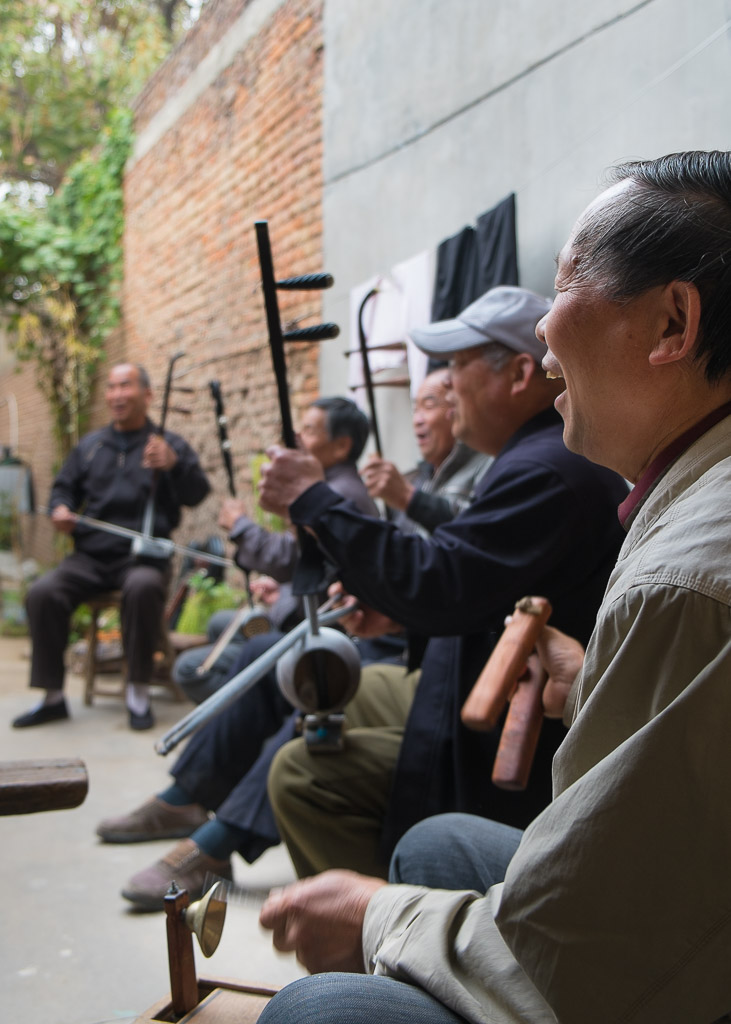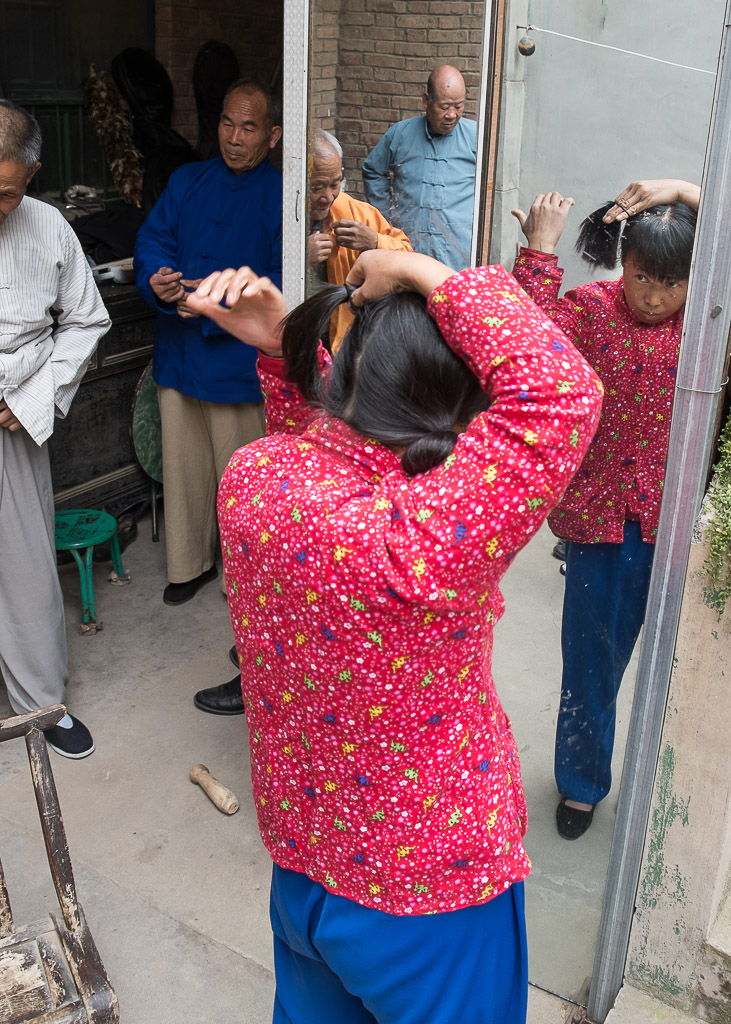
Huayin Lao Qiang
华阴老腔
Every region in China has its own style of music, theater, and shadow puppetry. In Shaanxi Province, the area around Mt. Hua gave birth to Huayin Lao Qiang, a tradition of rousing, rhythmic, lusty folk singing and narration dubbed "ancient Chinese rock'n roll". Local lore has it that Lao Qiang (Old Tune) descended from the chanties of boatmen working the Yellow River and Wei Canal 2,000 years ago, transporting grain from the Imperial Granary to the Western Han capital of Chang'an.
The original folk music, played for centuries in local villages, has recently burst onto the national stage in plays and films like White Deer Plain (白鹿原) directed by Wang Quan'an (王全安). Based on the novel by Chen Zhongshi (陈忠实), the story takes place in the early 1900s on the dusty Guanzhong Plain in Shaanxi. In the youtube clip below, the white-haired man on the left playing the Yueqin (like an upright banjo) is renowned Lao Qiang master Wang Zhenzhong (王振中).
Lao Qiang Shadow Puppet Theater
老腔皮影戏
Over the centuries, as Lao Qiang permeated local culture, it shaped other oral traditions - most significantly, shadow puppet theater. Shadow puppet plays - performed at court, in homes and teahouses, along the road, between battles - were popular entertainment across China for 1,000 years. The name in Chinese, 皮影戏, means "leather shadow play" for the carved leather figures which dance across a backlit screen, acting out operas based on mythology, religious beliefs, folktales, and history.
By the mid-1600s, a Lao Qiang style of opera performed as shadow puppet theater had emerged. Known locally as "Zhang family drama", the craft was passed down through male members of the Zhang clan of Quandian (Shuangquan Village), with a recorded lineage to 1820. Political upheaval in the 20th century diluted this once essential element of local life, but now, protected by the Ministry of Culture, Lao Qiang shadow puppetry is back in the mainstream and hailed nationally as Intangible Cultural Heritage.
Zhang Xiangling is an 11th generation Lao Qiang shadow puppet artist. Keeping Lao Qiang alive has meant opening recruitment to men from outside the clan as well as women. In 2011 Zhang Xiangling set up a shadow puppet troupe to perform at holidays, temple fairs, weddings, and funerals. In a community where shadow puppet culture runs deep, Zhang Xiangling and her group sustain their heritage by performing in the traditional way - for the love of it and to make a living.
These photos are from two nights of performance at a funeral for a grandfather in Xiying Village, Shaanxi. The first night, in front of the family home, was held for the family, the second night, in the public square at the top of the lane, for the whole village. At Chinese funerals, the more noise the better - a big racket keeps the ghosts away and gathers the people.
Click here to listen to a short segment of the performance on October 28, 2013.
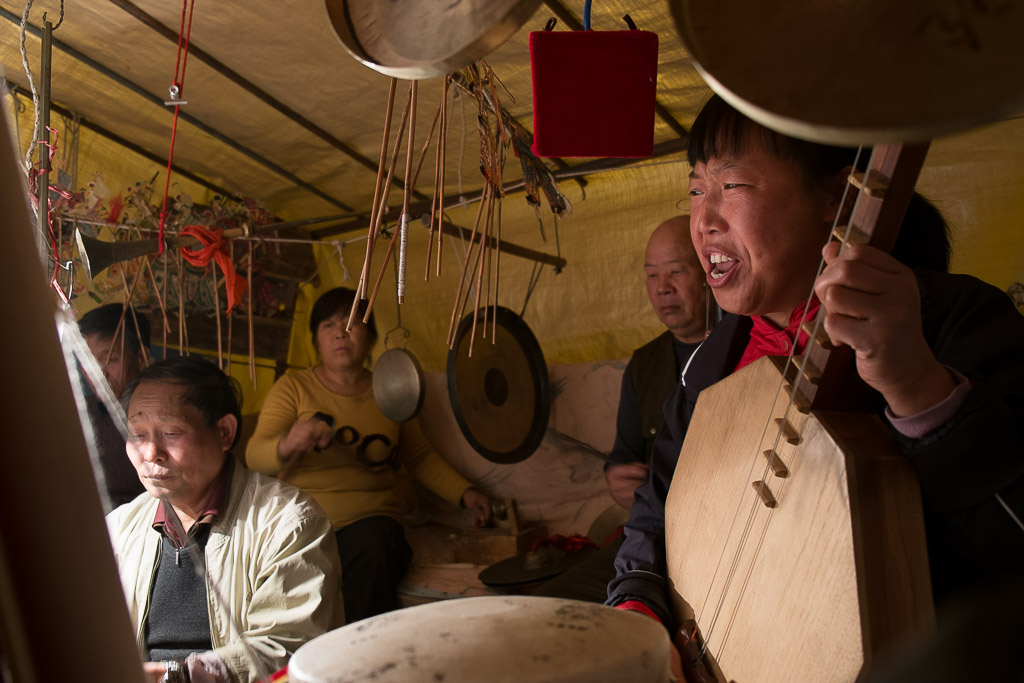
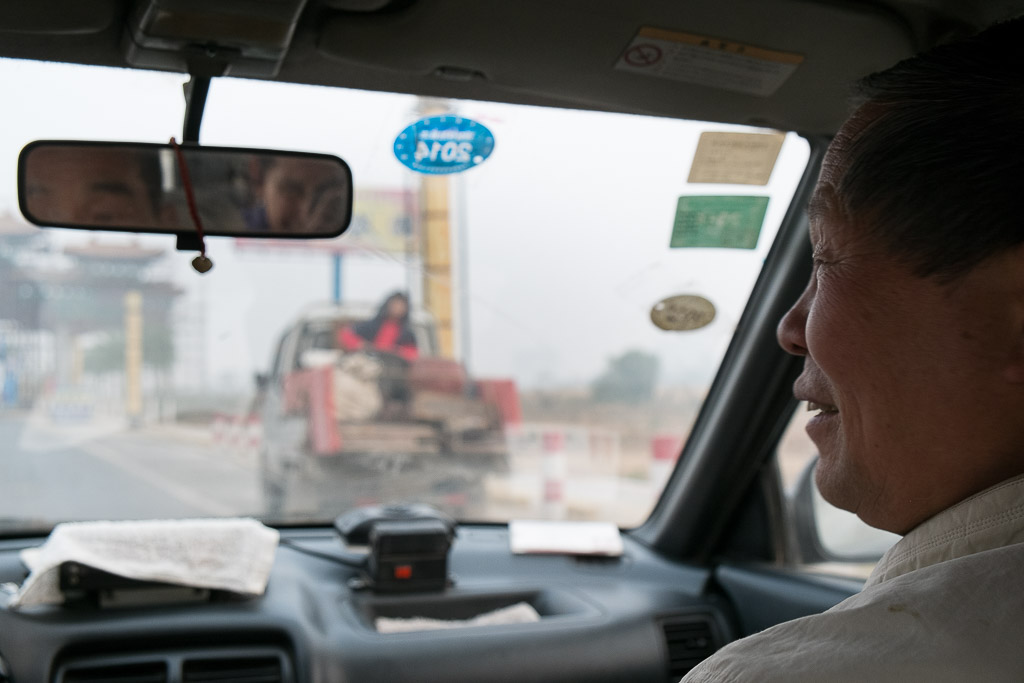
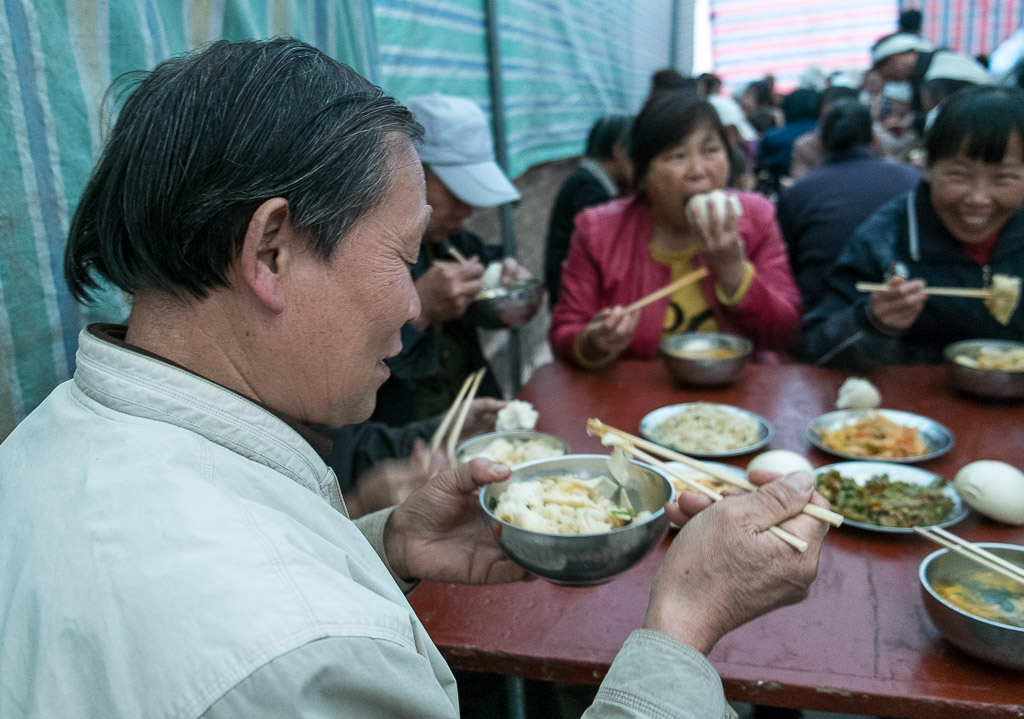
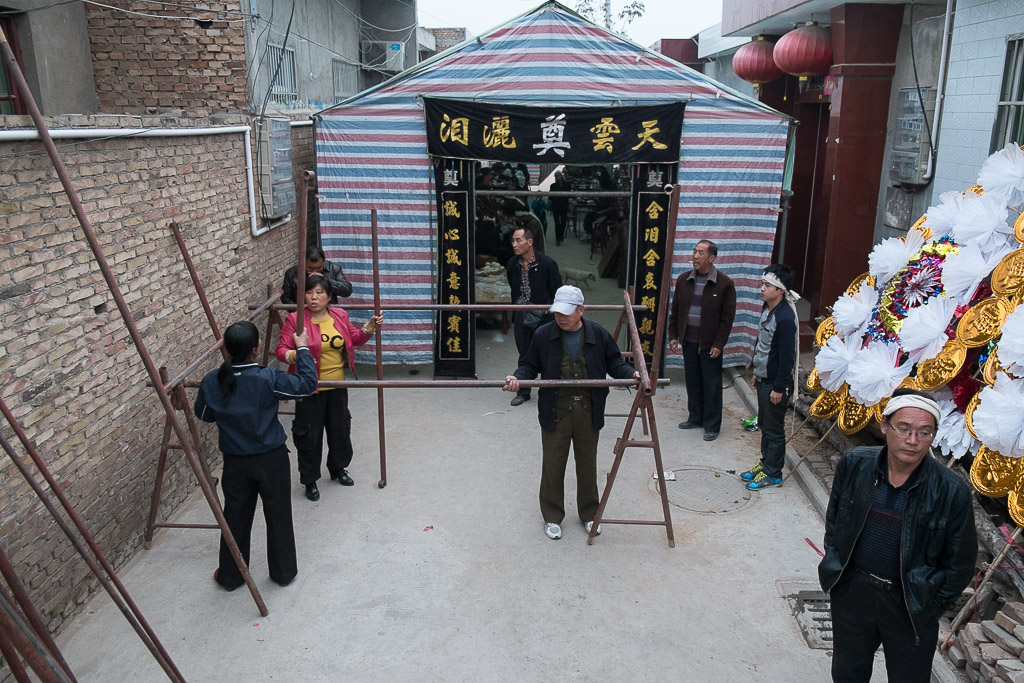
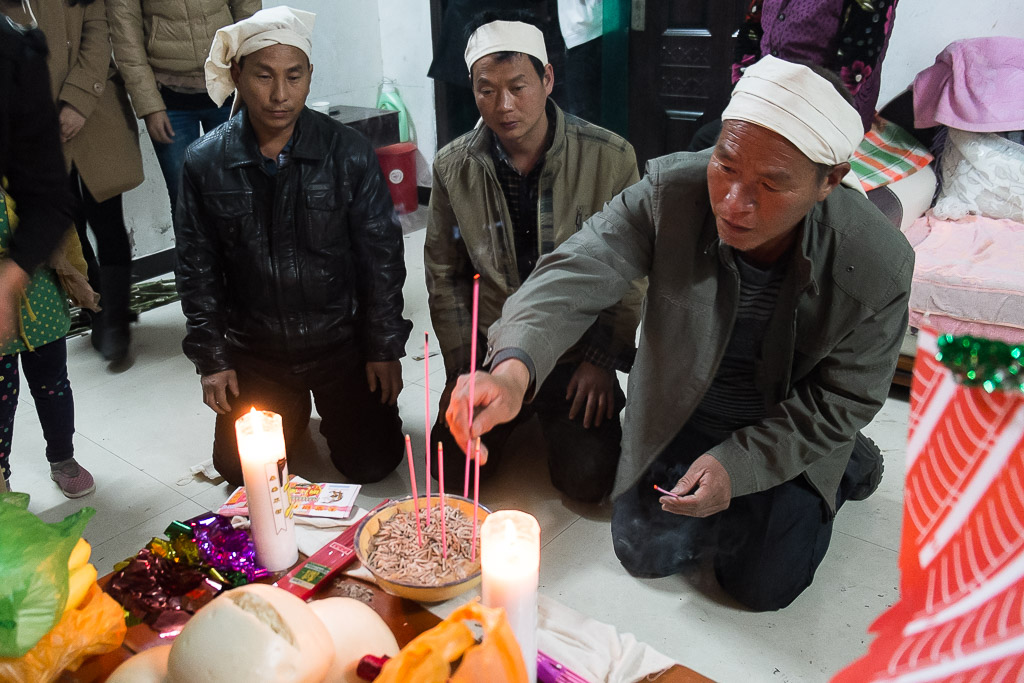
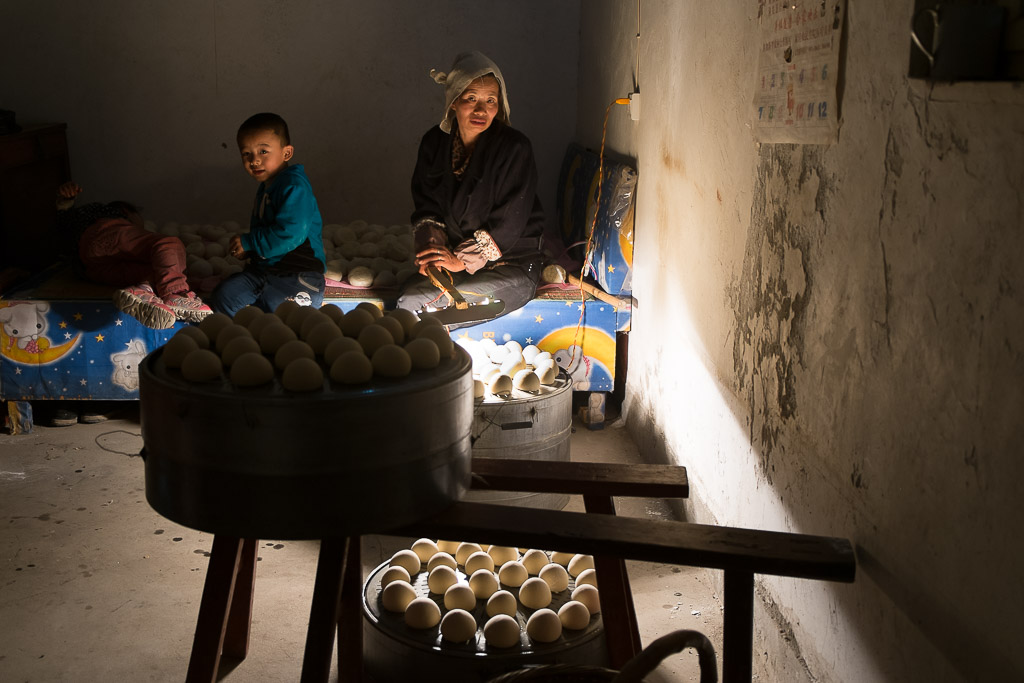
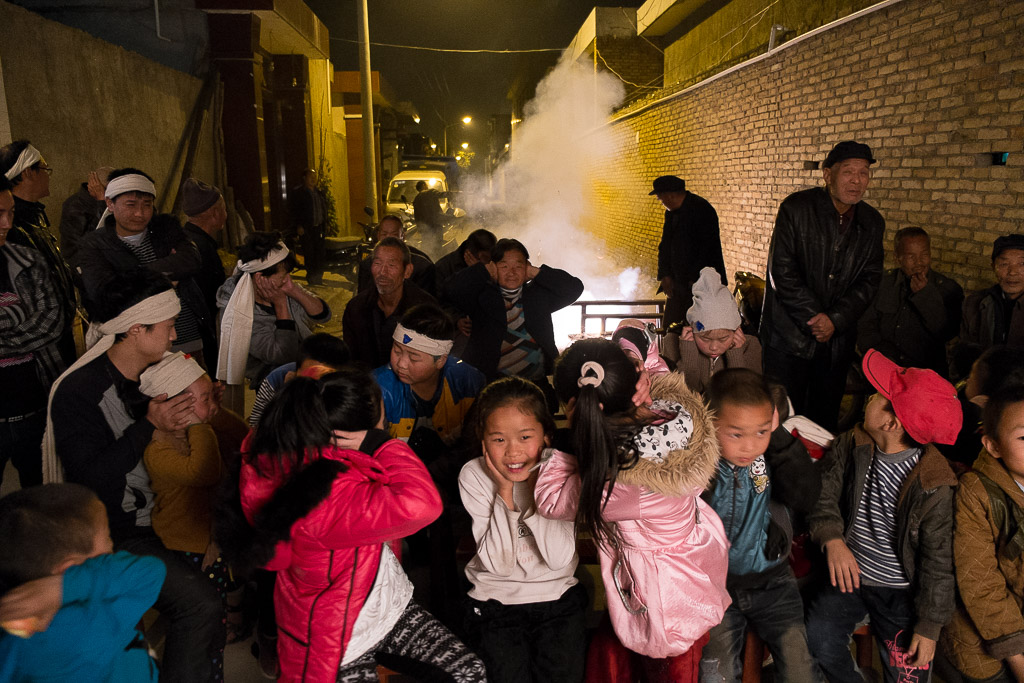
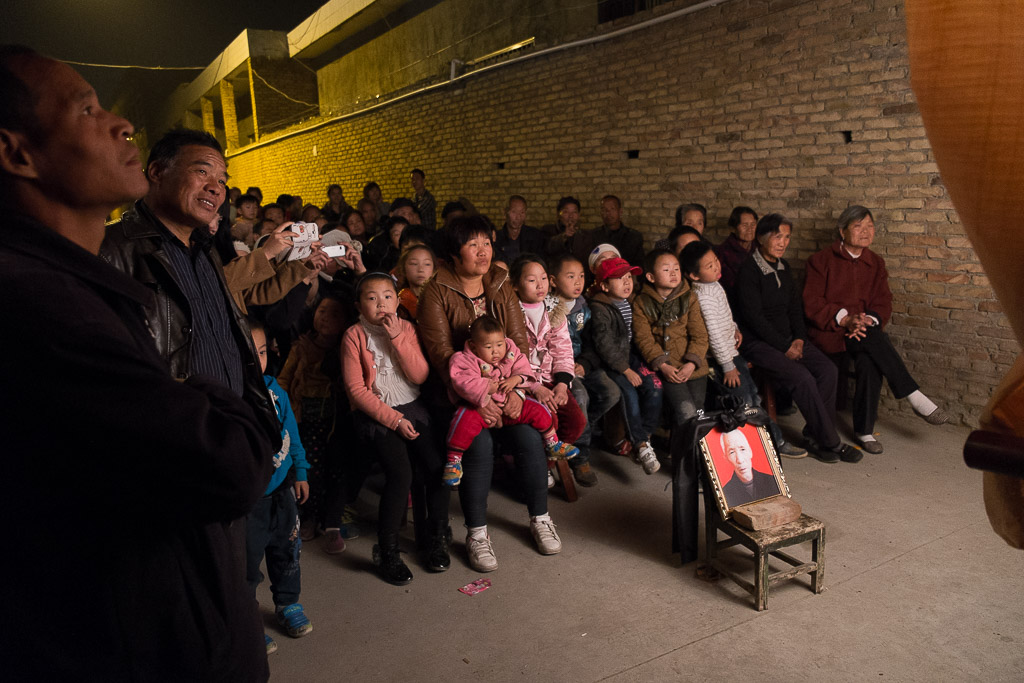
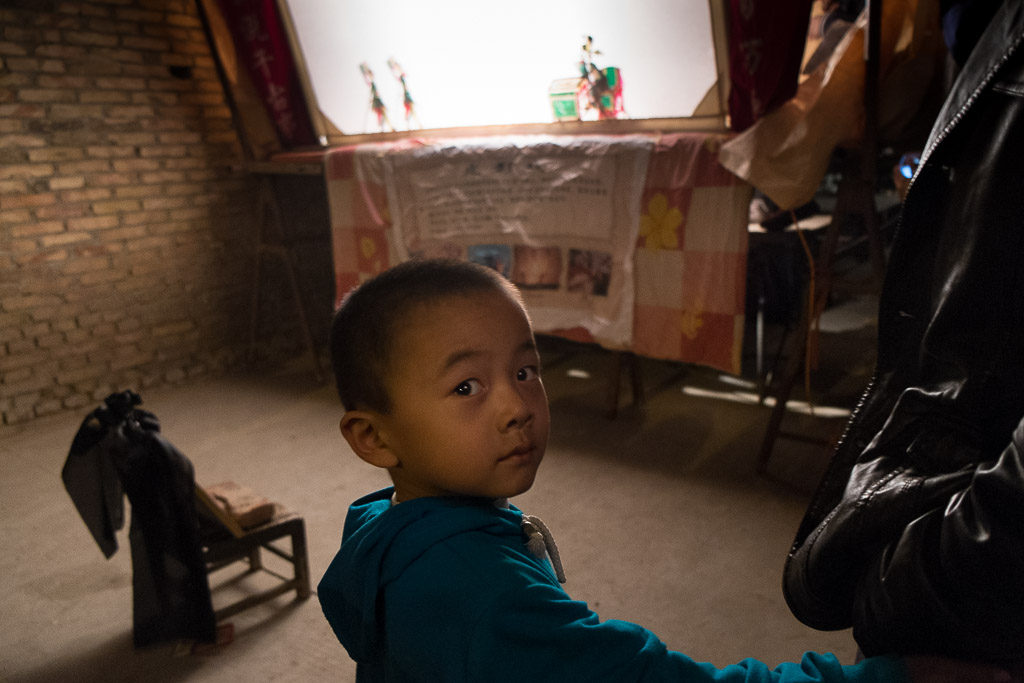
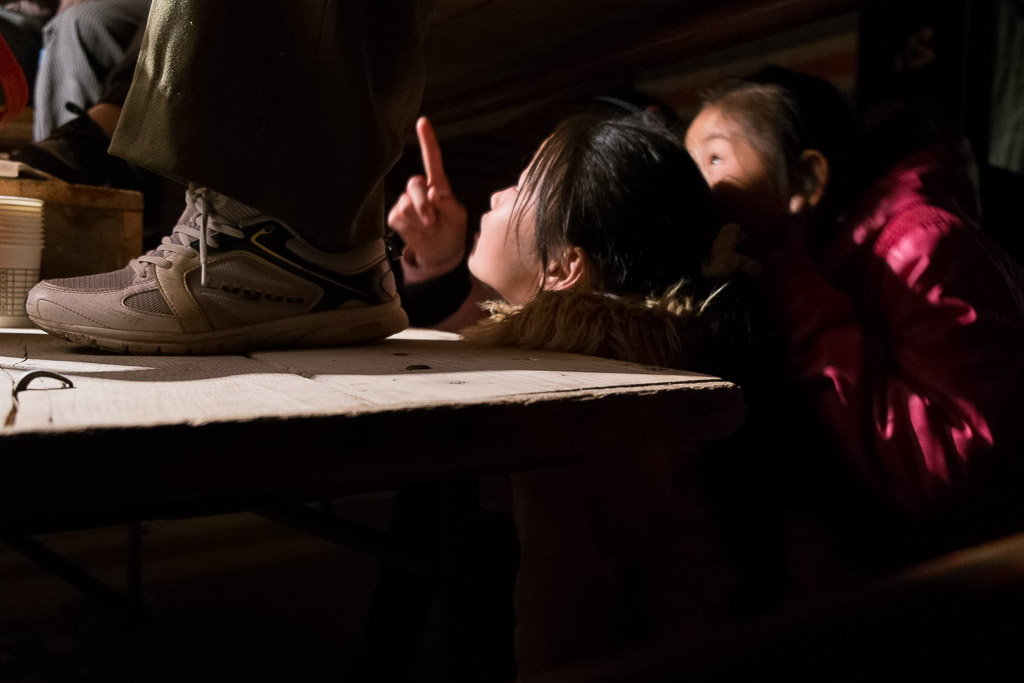
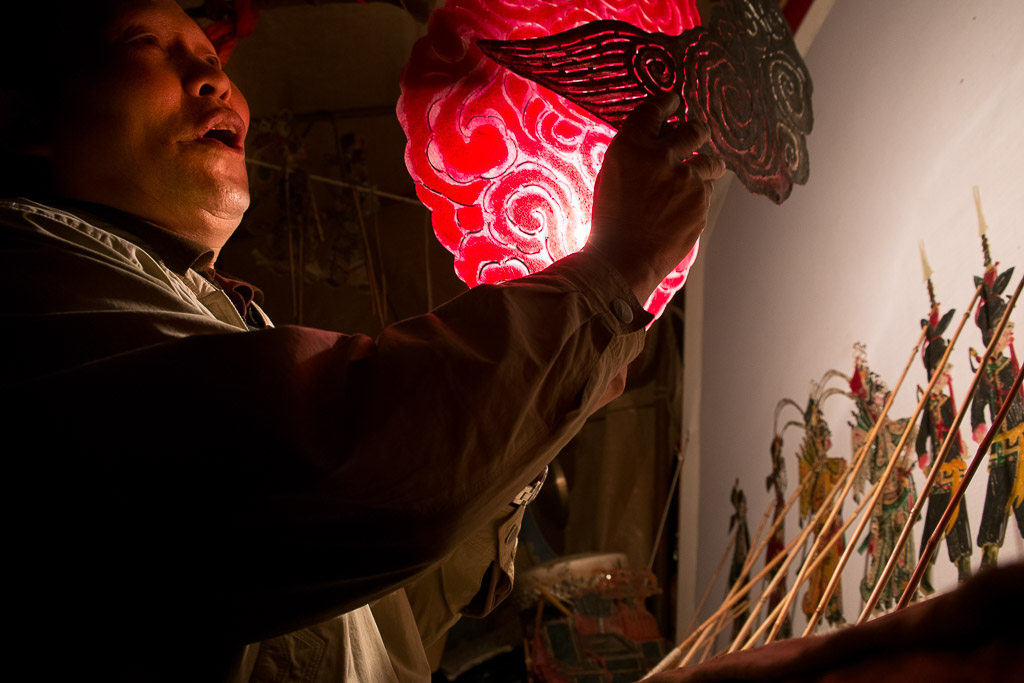
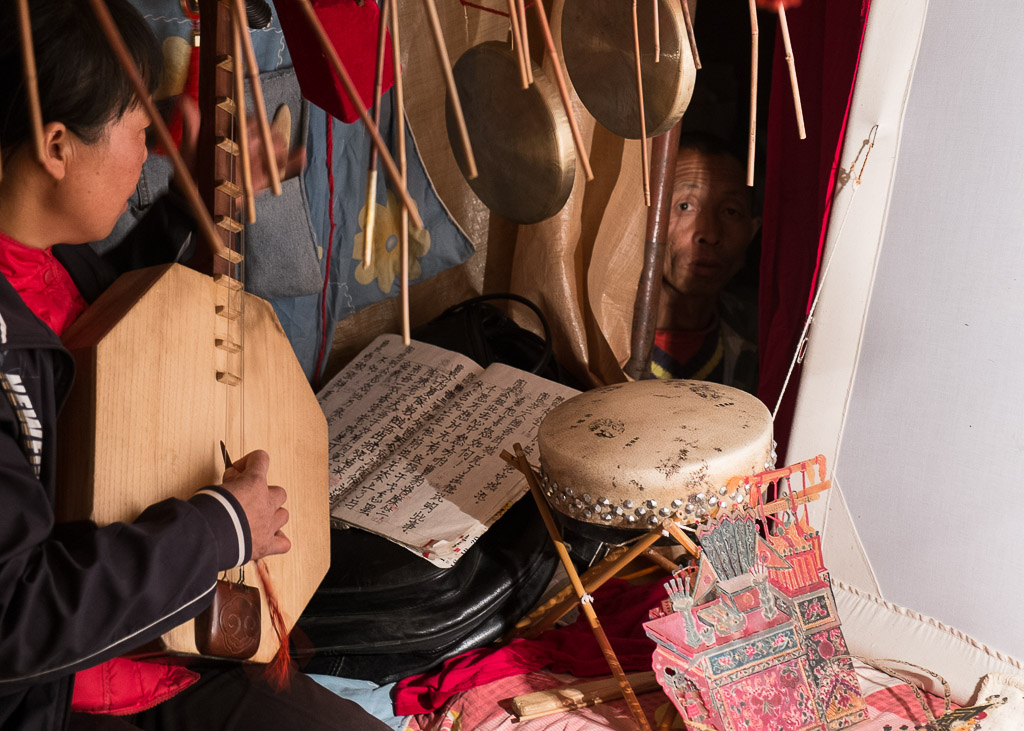
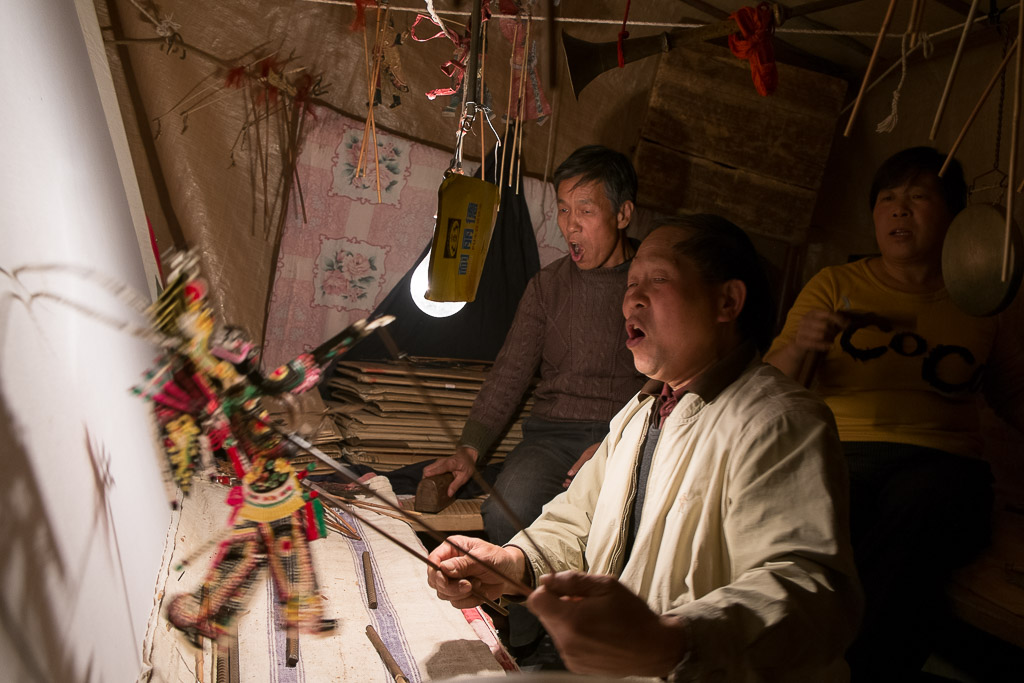
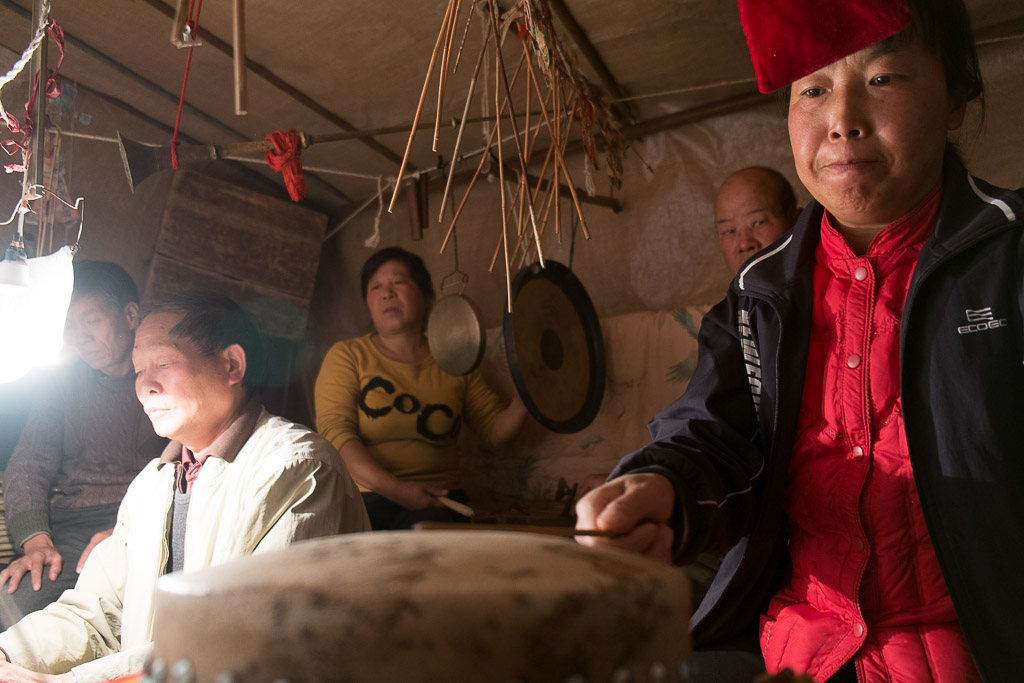
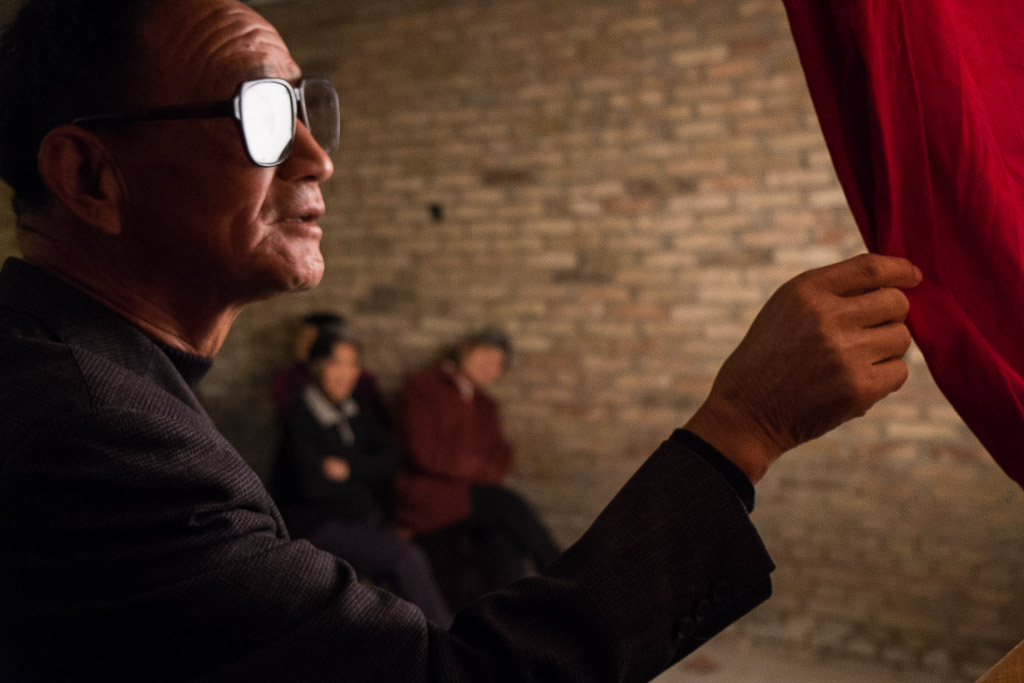
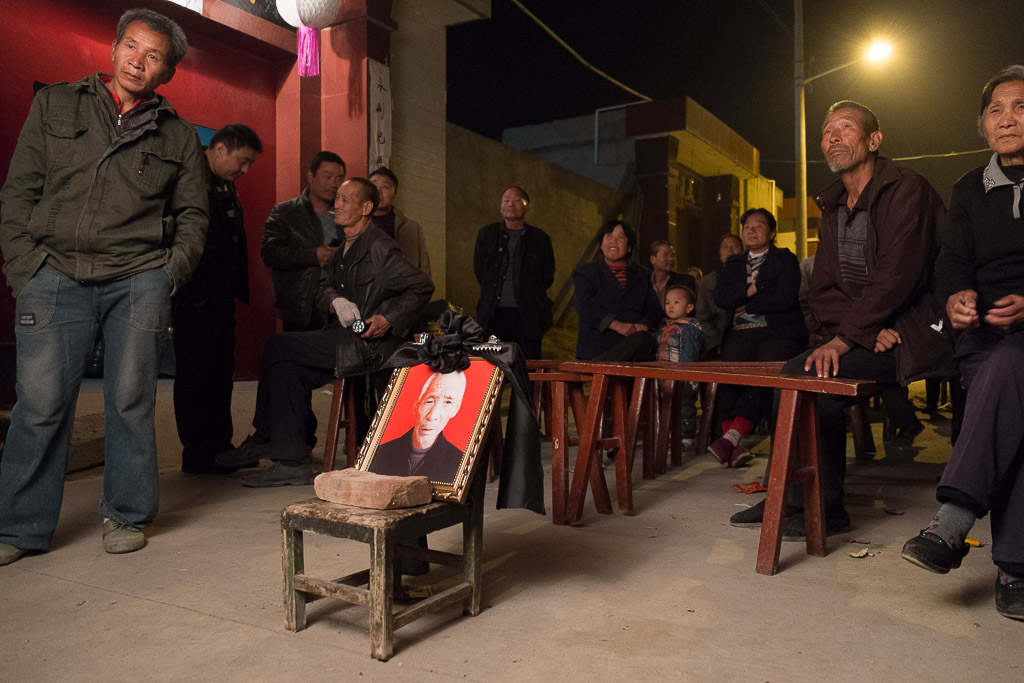
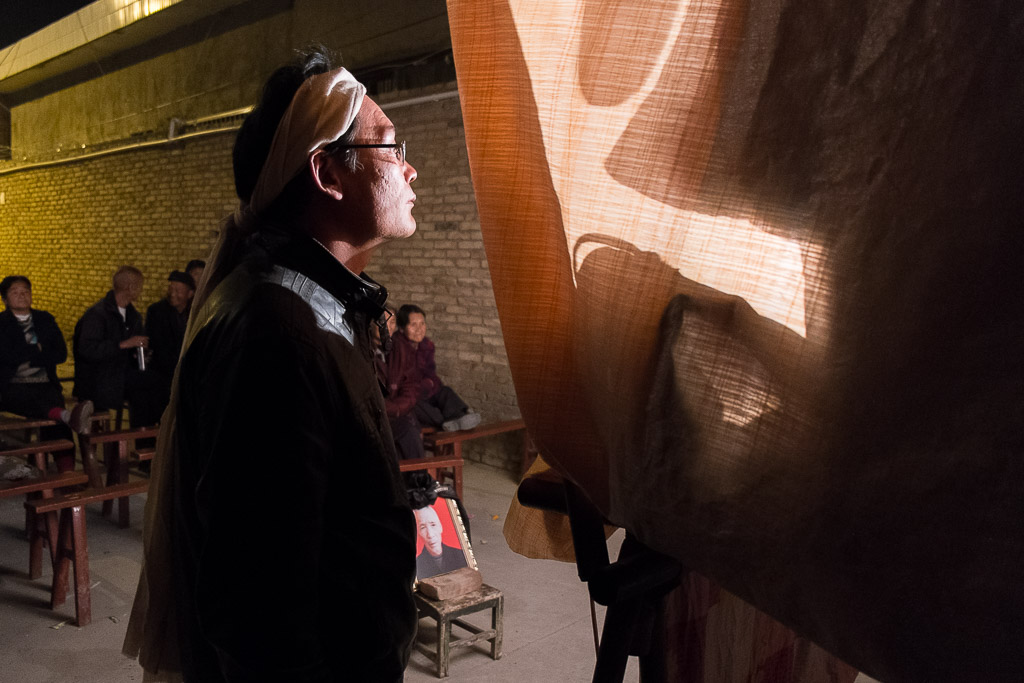
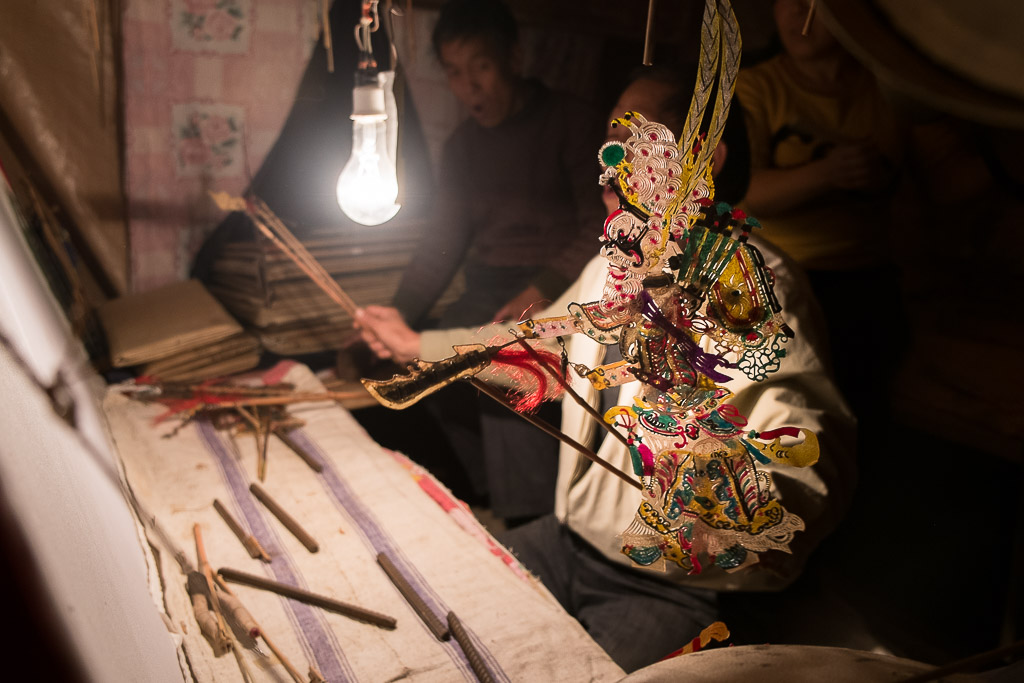
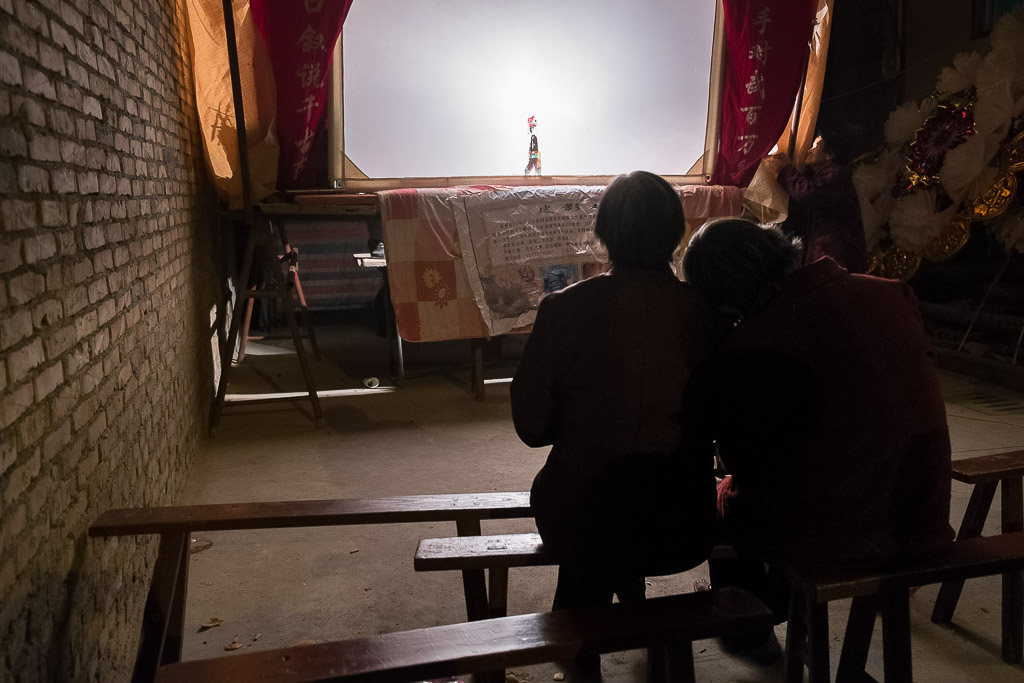
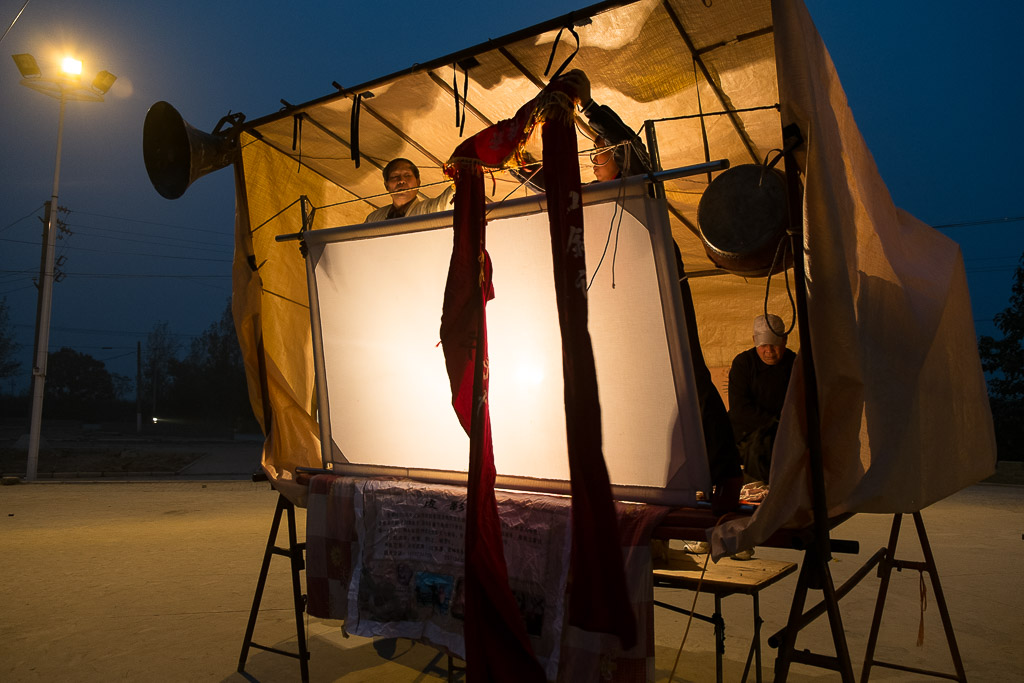
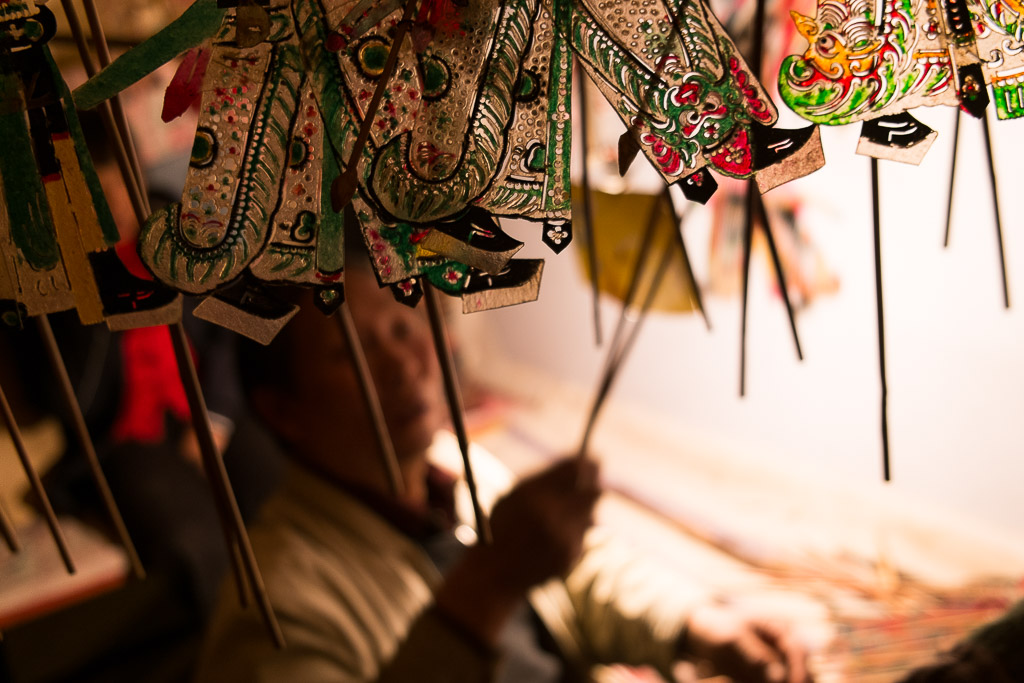
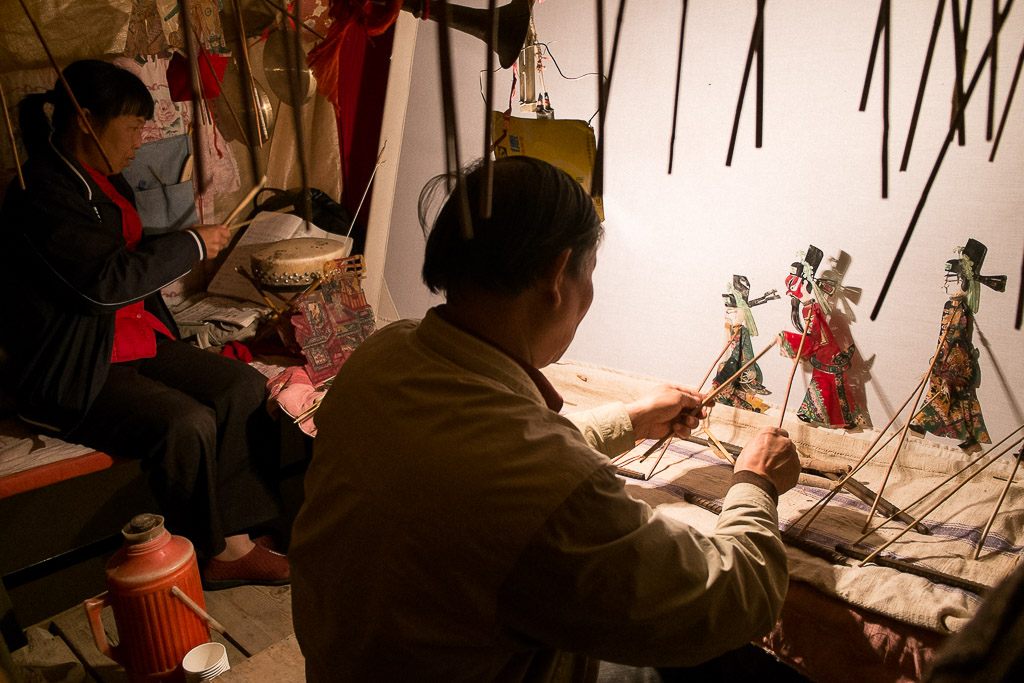
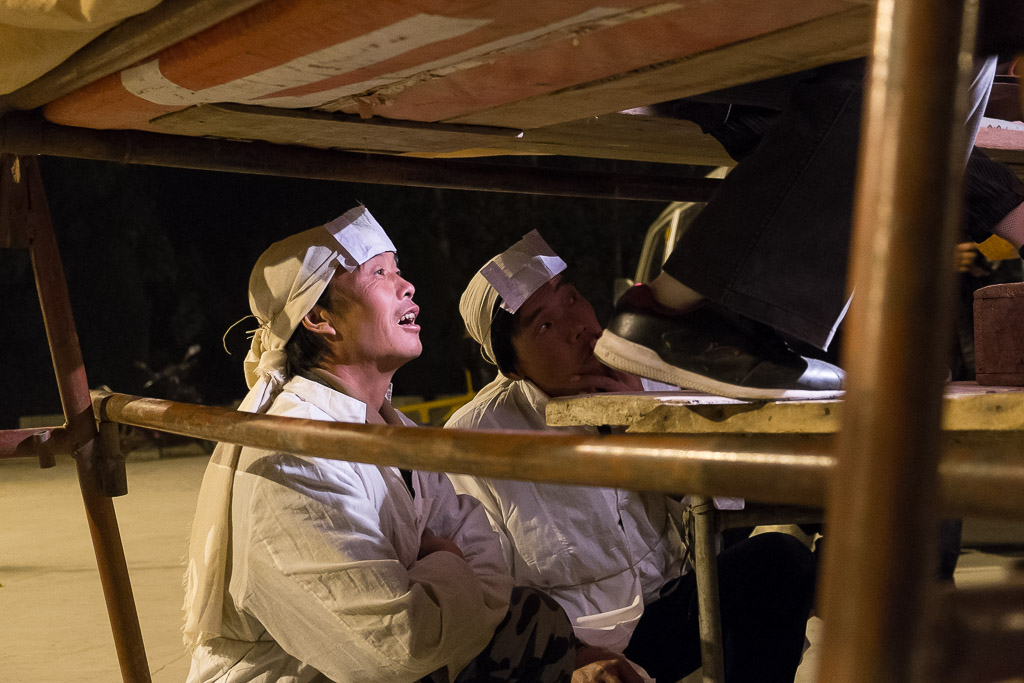
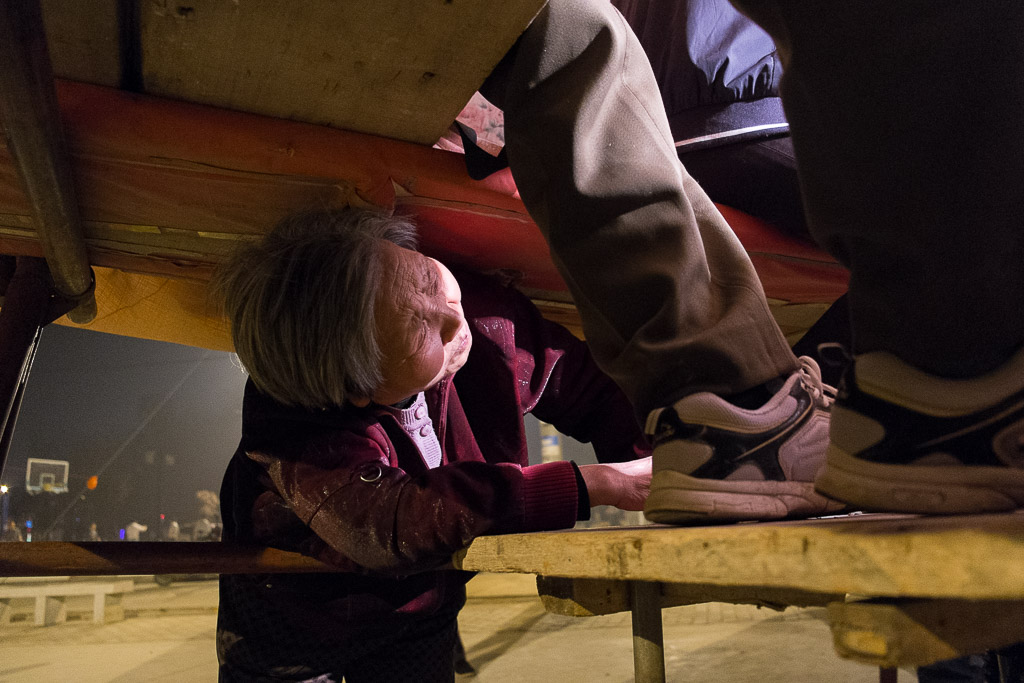
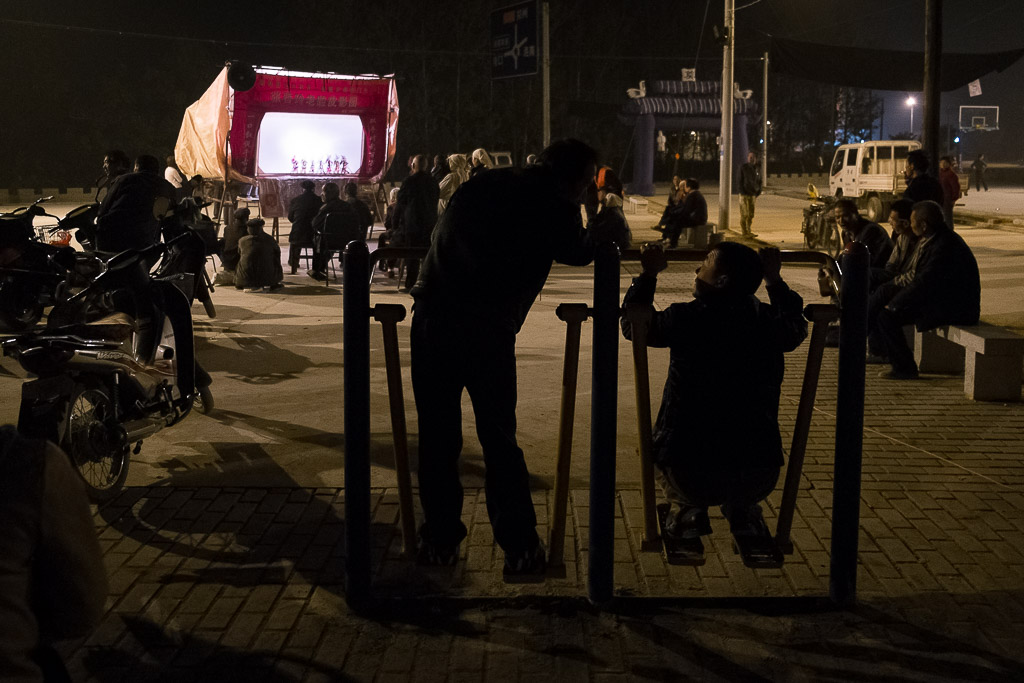
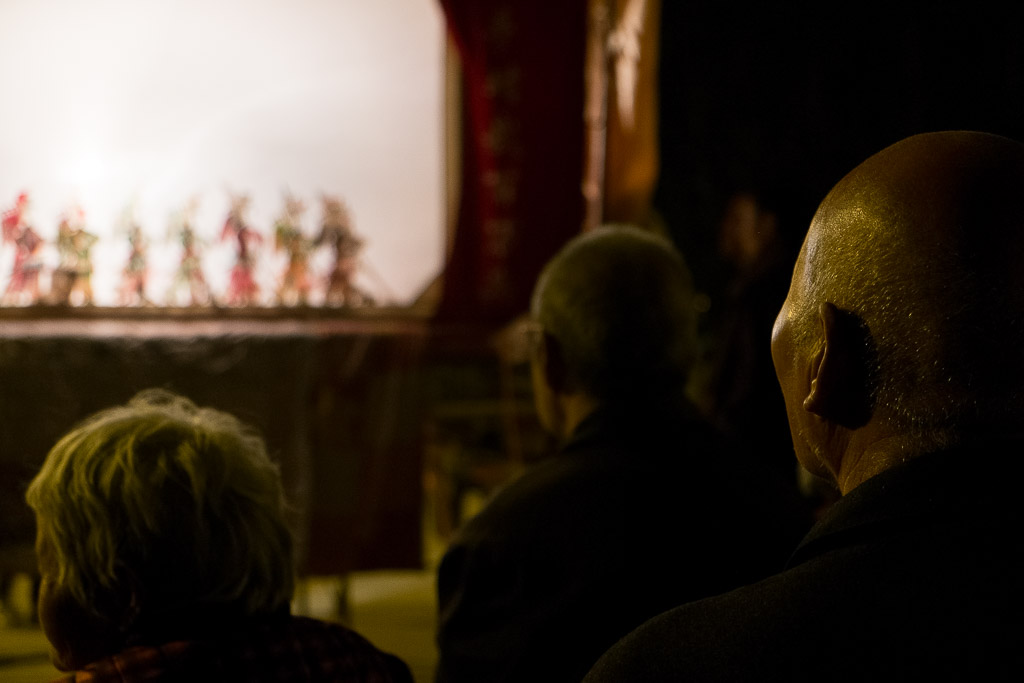
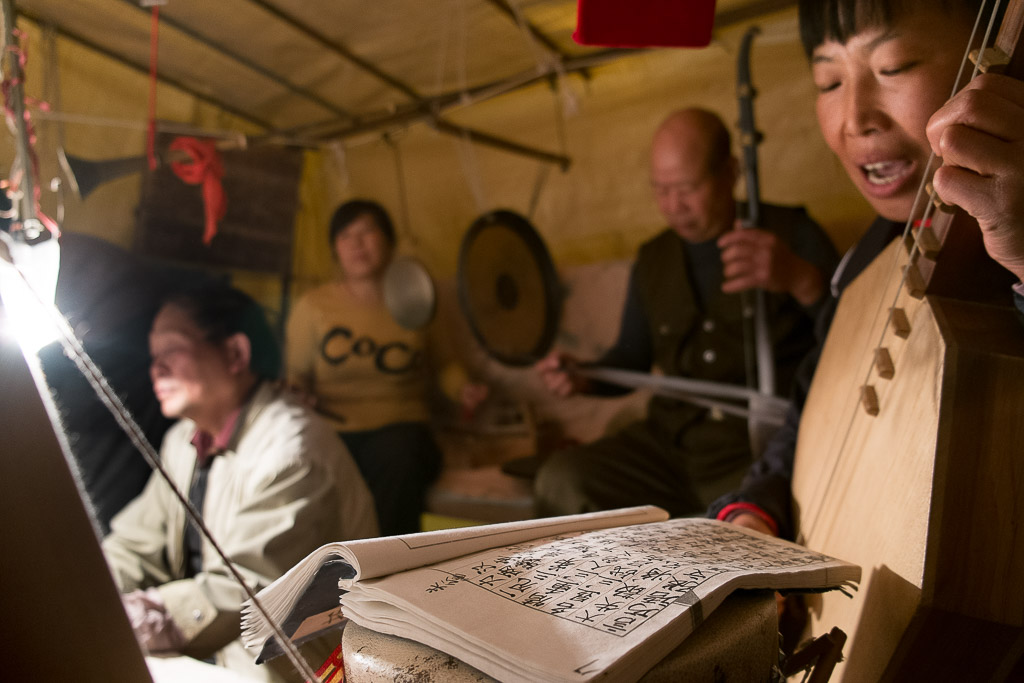
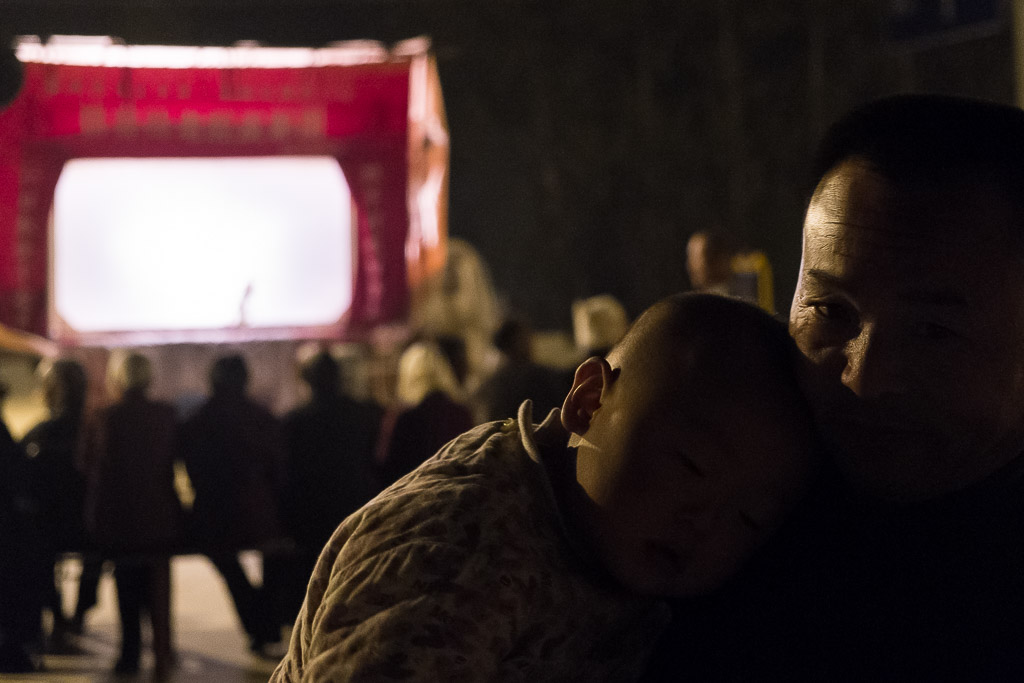
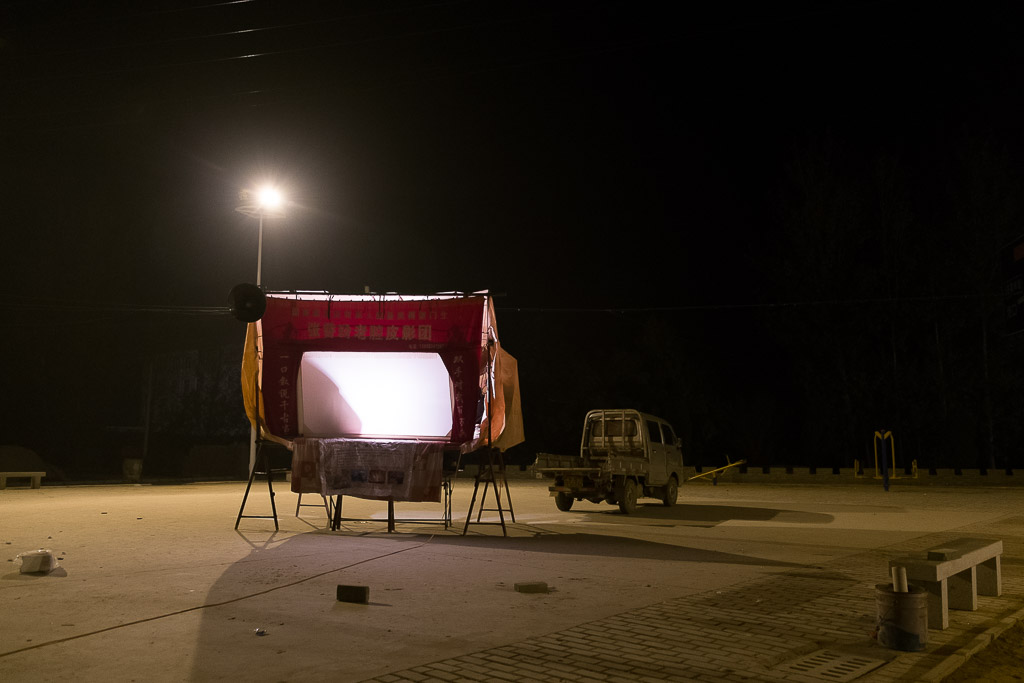
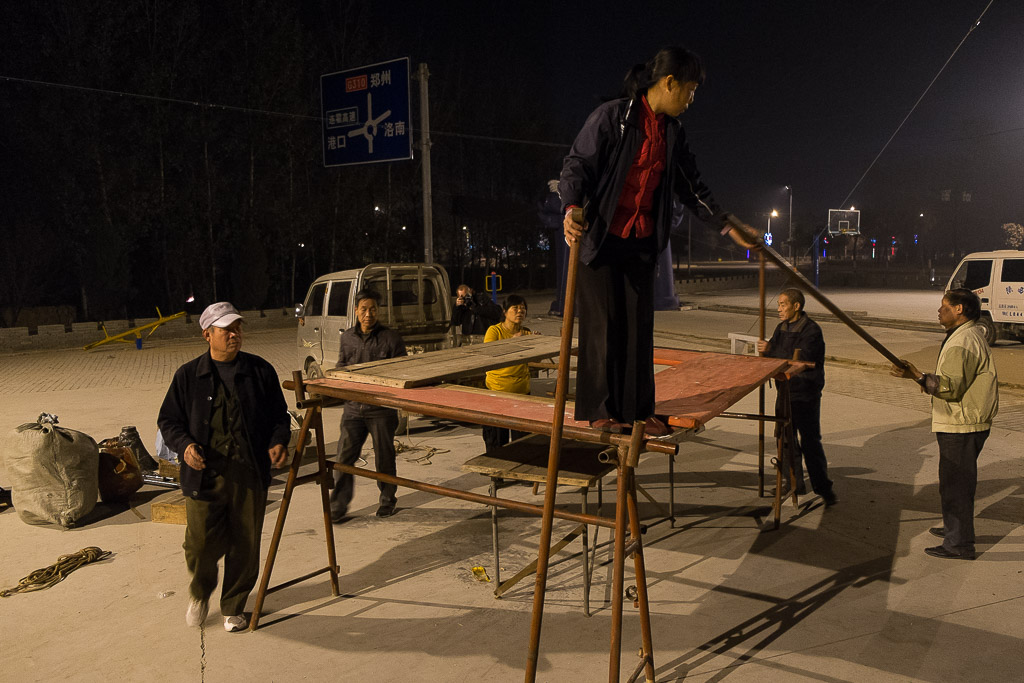
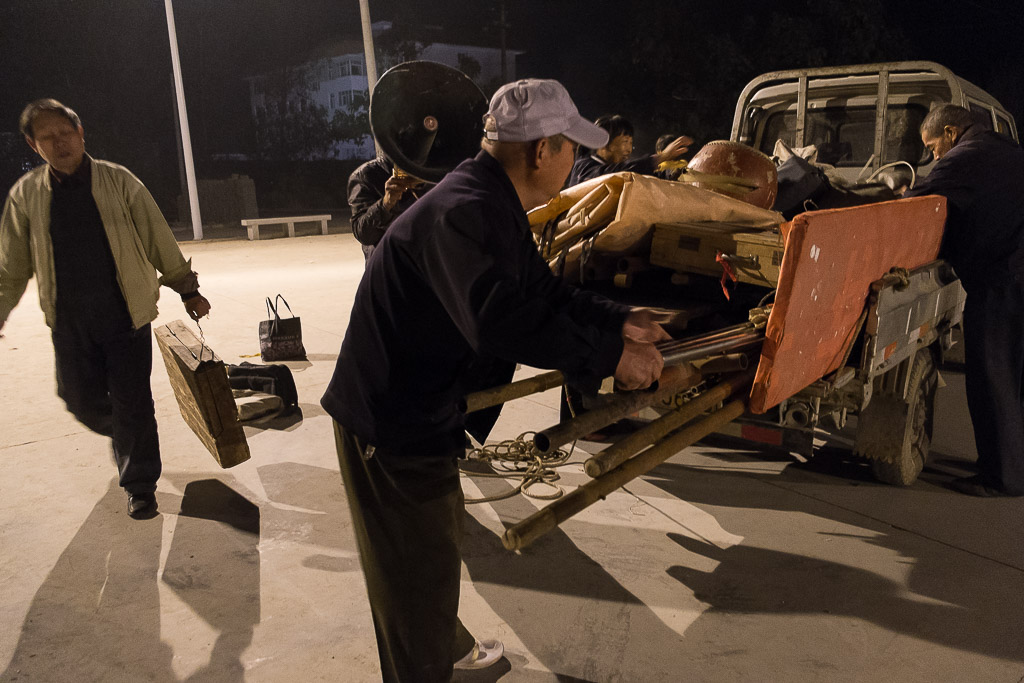
“Original Folk Music” 原生态民歌
In China there's a great push now to revive traditional folk arts and bring them into the 21st century. Huayin Lao Qiang is one of many art forms under protection of the Ministry of Culture. In 2008, Wang Zhenzhong (in the video clip above) and Zhang Ximin (in the photos below) were chosen as official "representative inheritors" to teach, develop, and spread Lao Qiang as Intangible Cultural Heritage.
To keep up with the times, Lao Qiang has been pulled out from behind the screen and recreated on stage. In live stage performances of Lao Qiang “original folk music”, musicians dressed in peasant costume sing rousing choruses written for this new style of performance. Extras crouch on the side smoking long-stemmed pipes and slurp noodles from large ceramic bowls. Since 2005, with the debut of the play White Deer Plain, Lao Qiang "original folk music" has caught on, with groups appearing at major events and on national TV.
Zhang Ximin is a 10th generation Lao Qiang artist. Two of his students - 11th generation Zhang Xiangling (of the shadow puppet troupe) and his grandson Zhang Meng - were on hand for group practice and dress rehearsal at the Zhang home in Shuangquan Village.
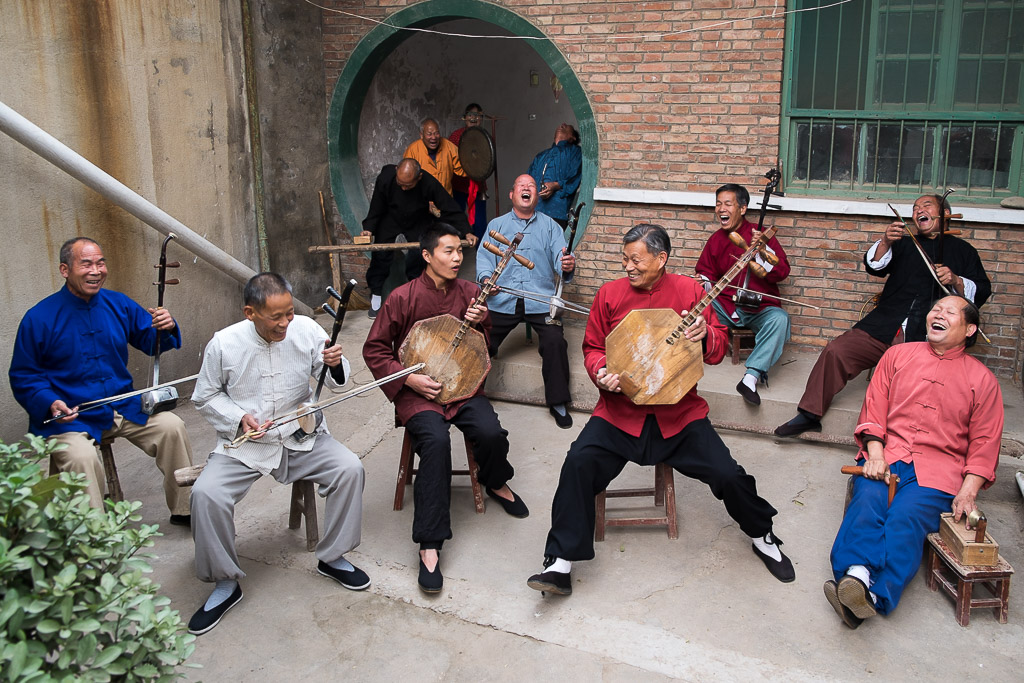
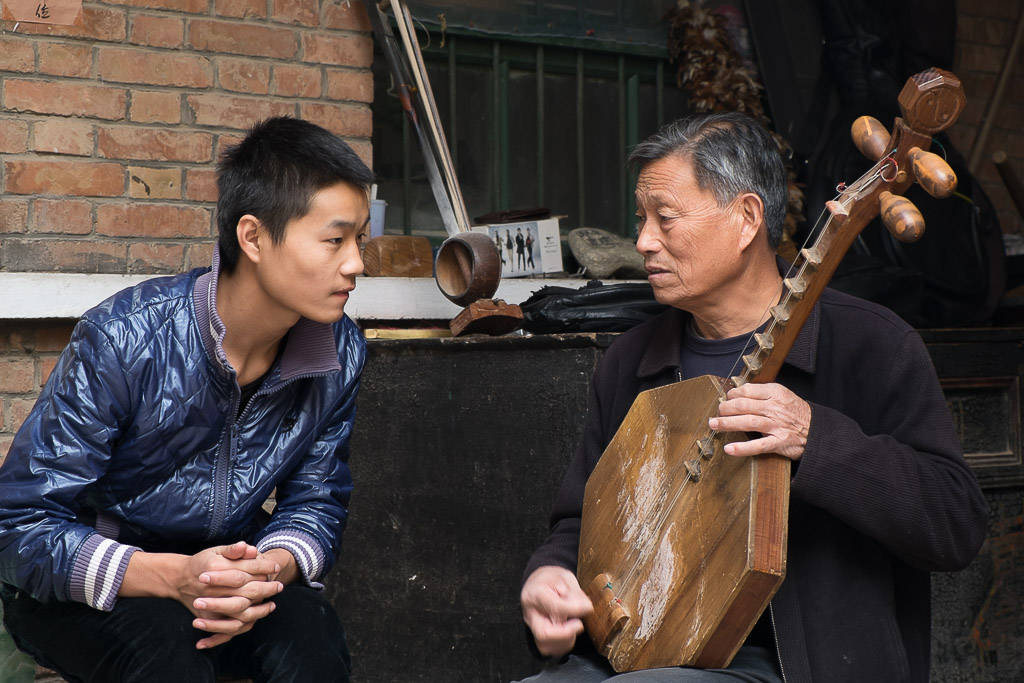
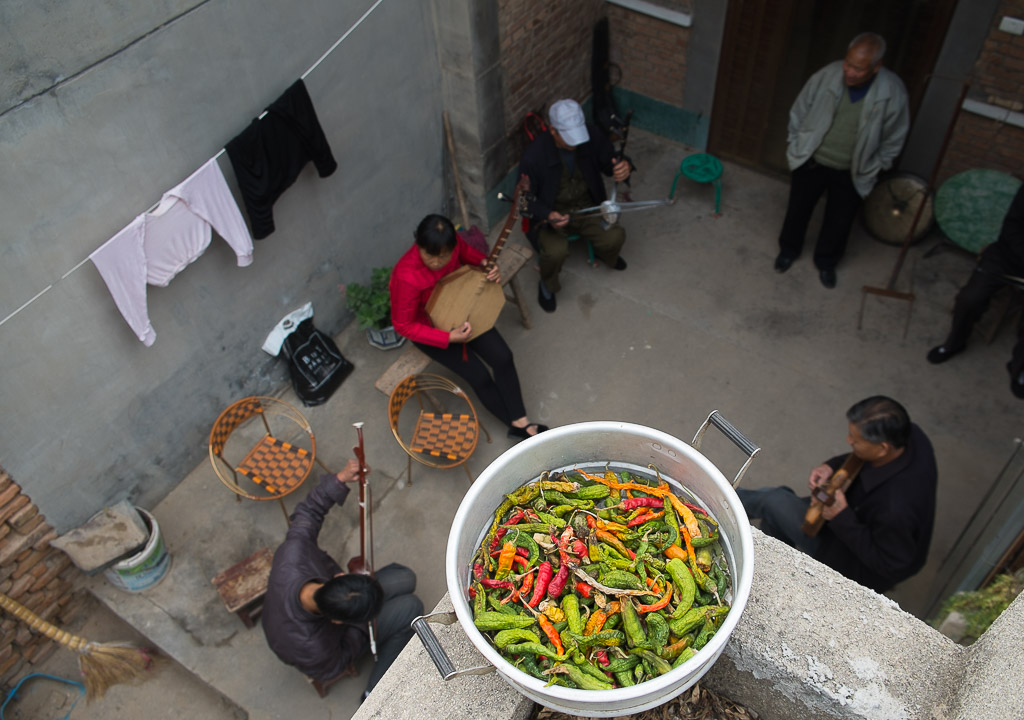
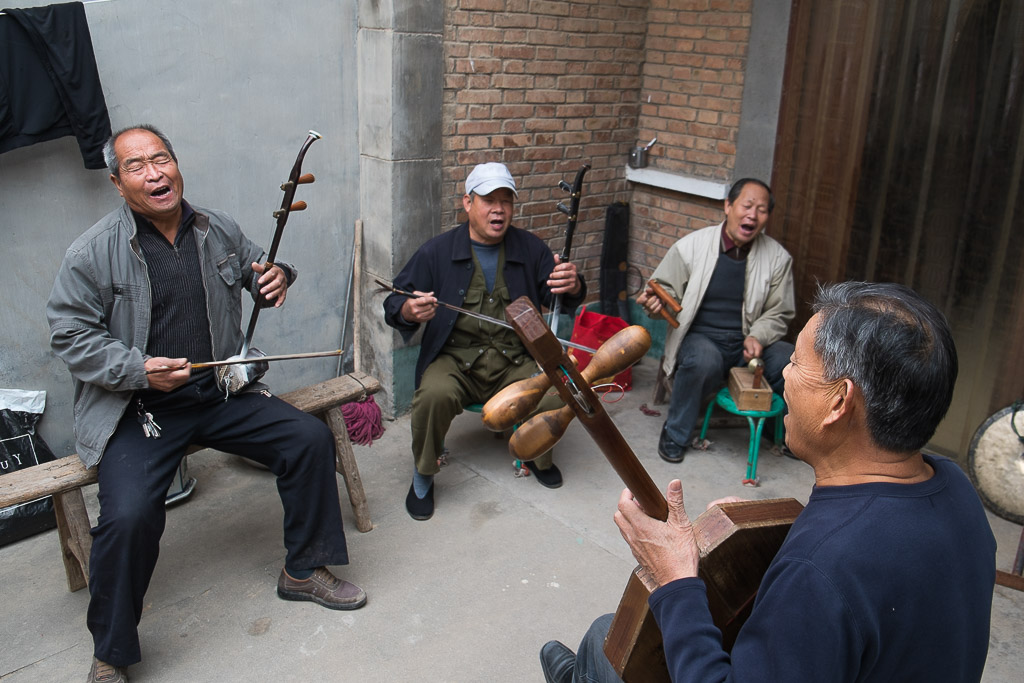
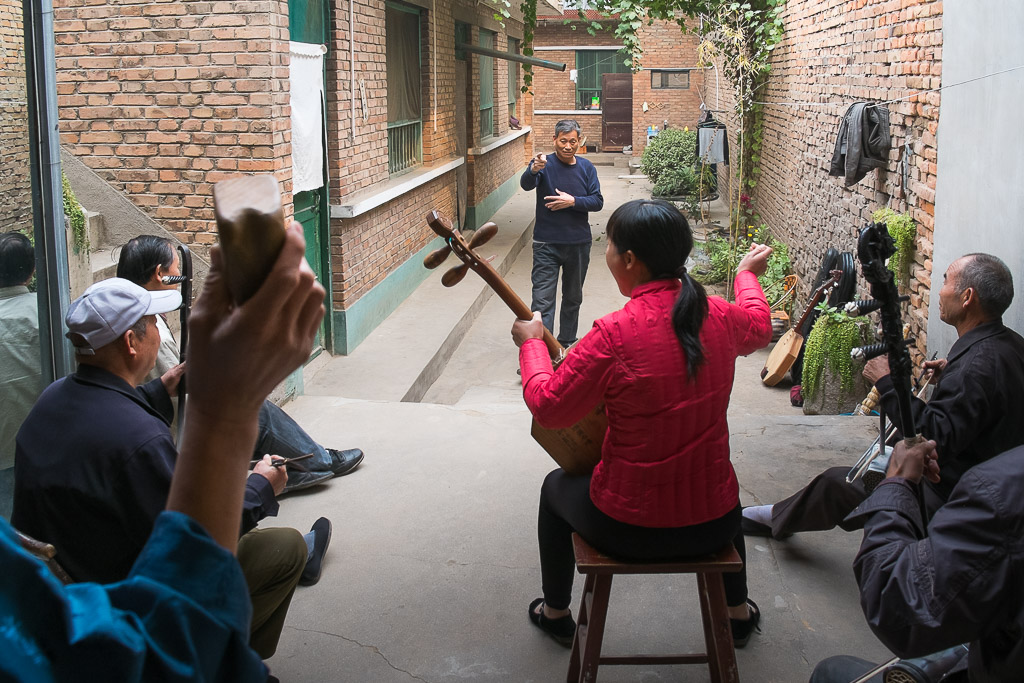
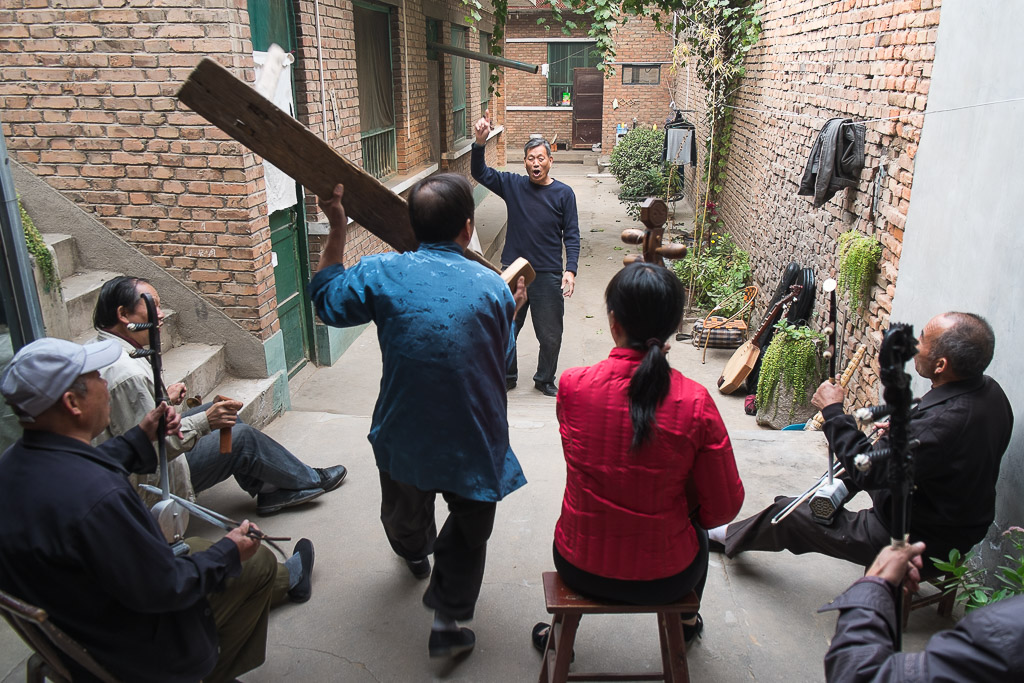
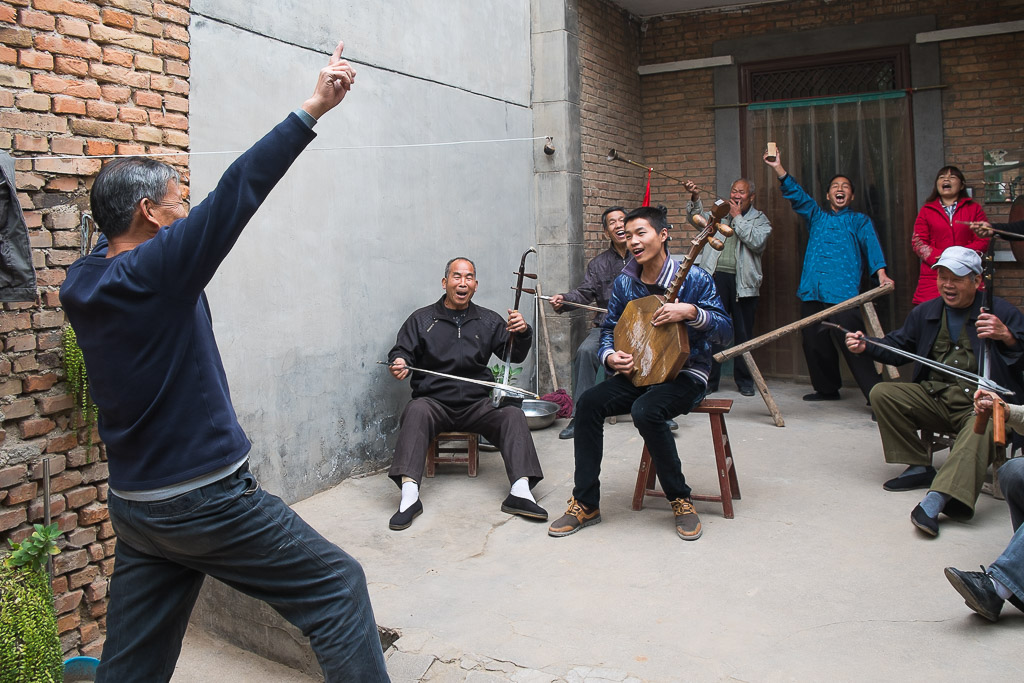
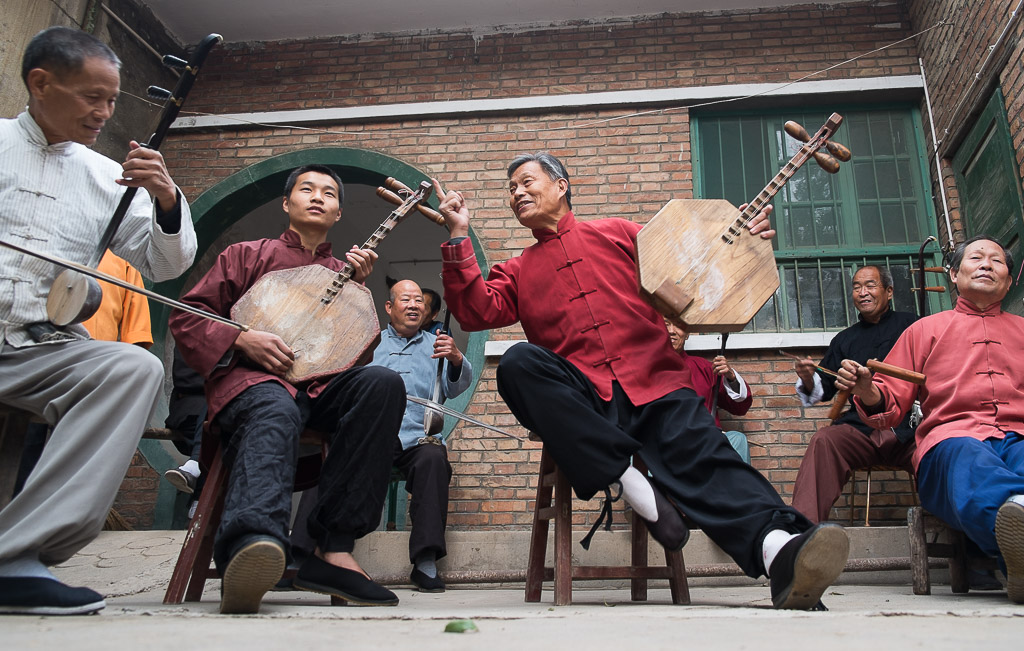
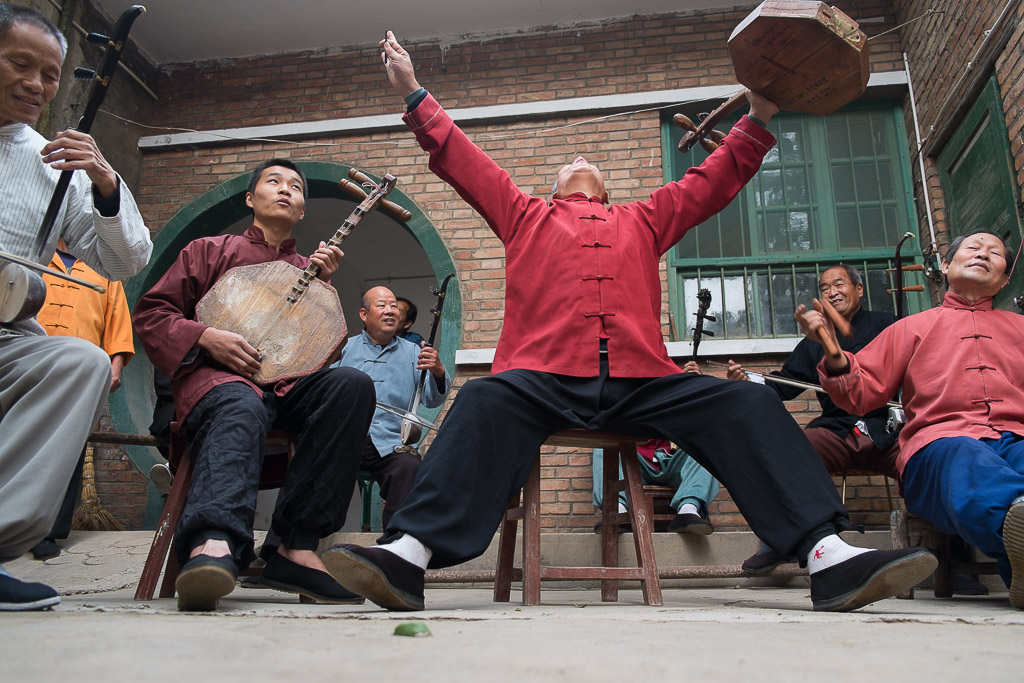
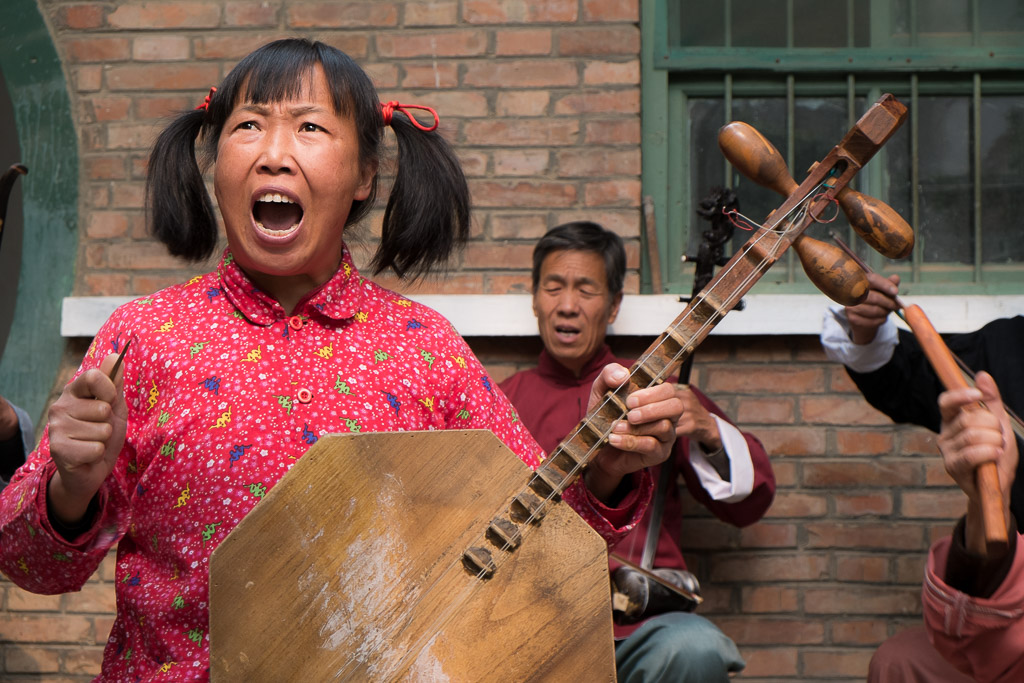
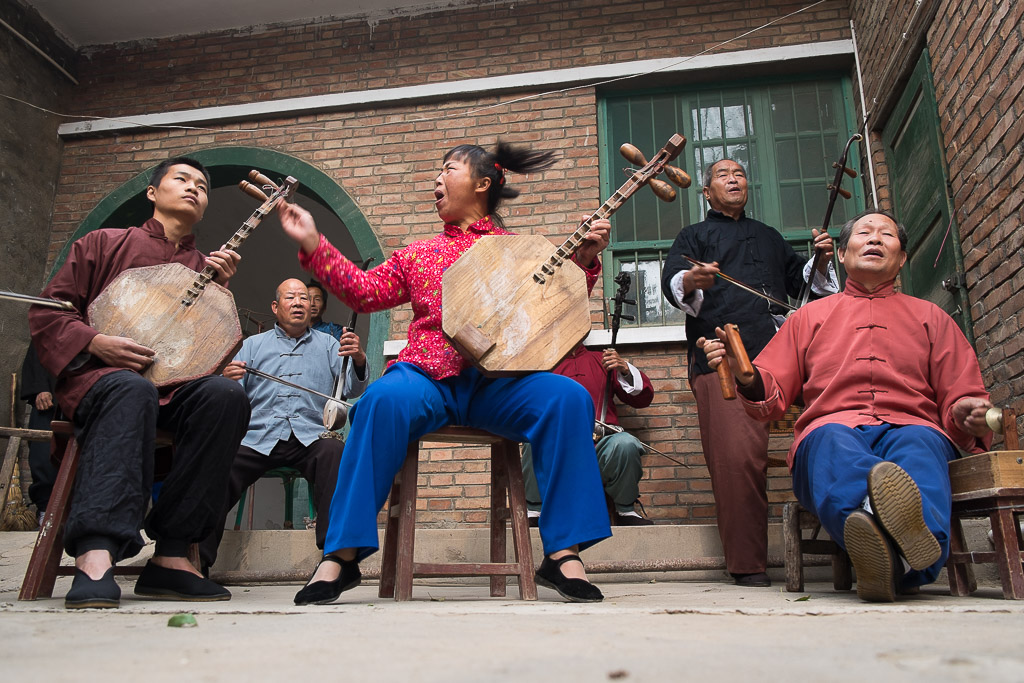
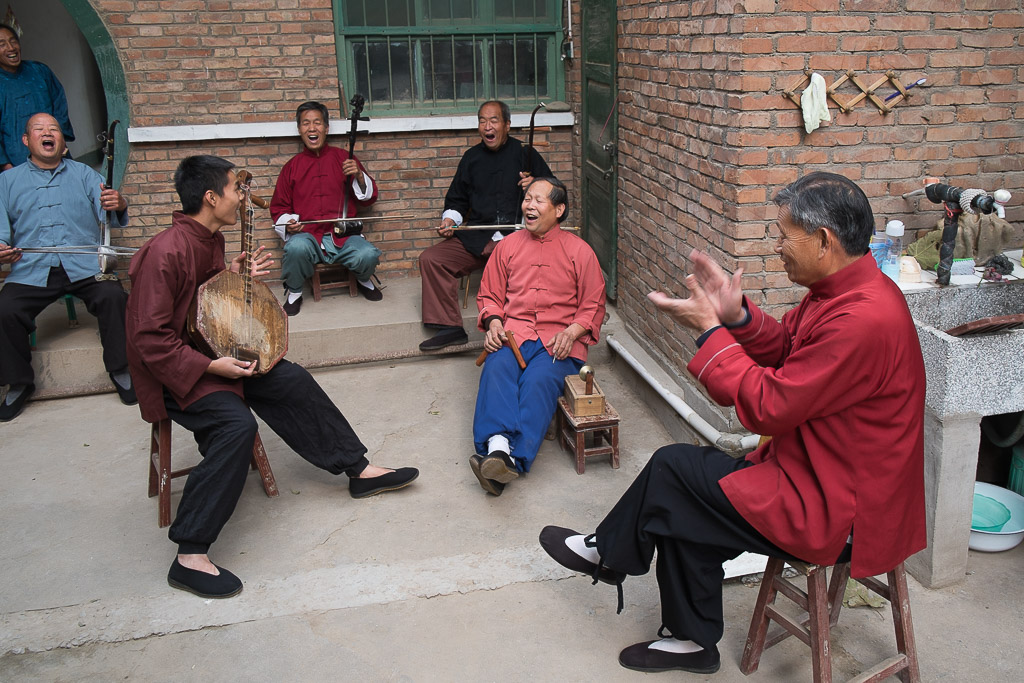
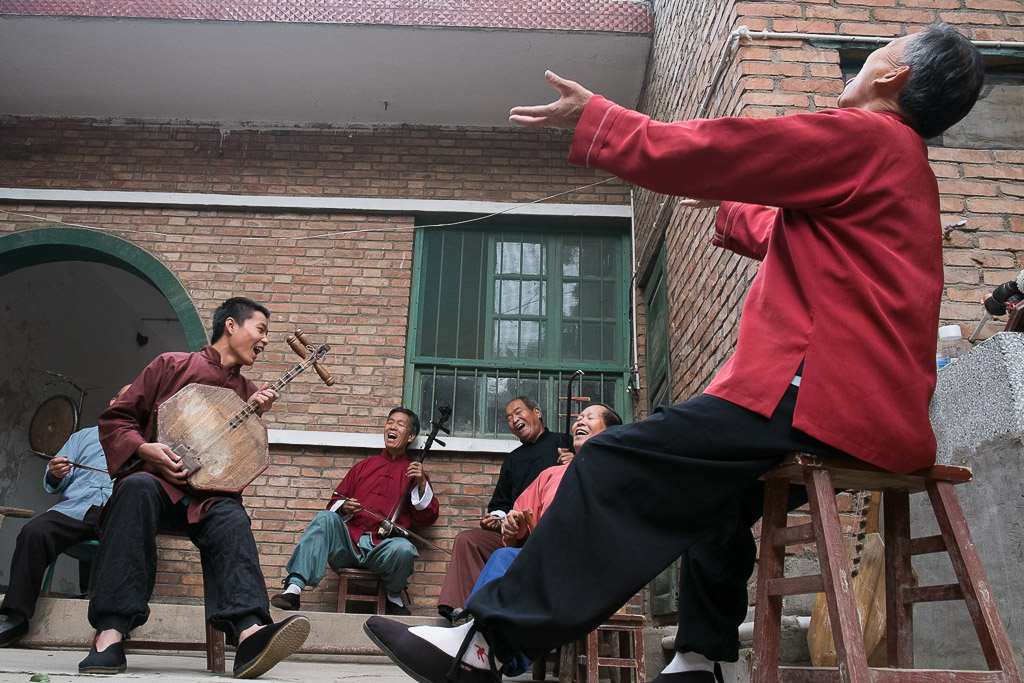
For further reading:
Website by Annie Katsura Rollins about Chinese shadow puppetry
New York Times article about Shaanxi shadow puppetry
Article by James Fallows, correspondent for The Atlantic, about Lao Qiang original folk music
